Wednesday, 2nd Today we move back into our caravan after twelve pleasant days in chalets. We clear our Skukuza hut early and travel steadily down the Sabie H4-1 road reaching Lower Sabie by 9am.
After settling in, this afternoon we go down to the S130, S137 and S28 roads around the Duke waterhole but it really is very, very quiet. Little stirs and small wonder that Werner and Noleen reported that game was scarce.
Thursday, 3rd Our favourite road is the S30 Salitje road so it is our choice for today. With all the water about it is little surprising that on most still mornings there is a lot of mist around. So it is again today and a watery morning sun breaks through over the Muntshe mountain as just we enter the S30.
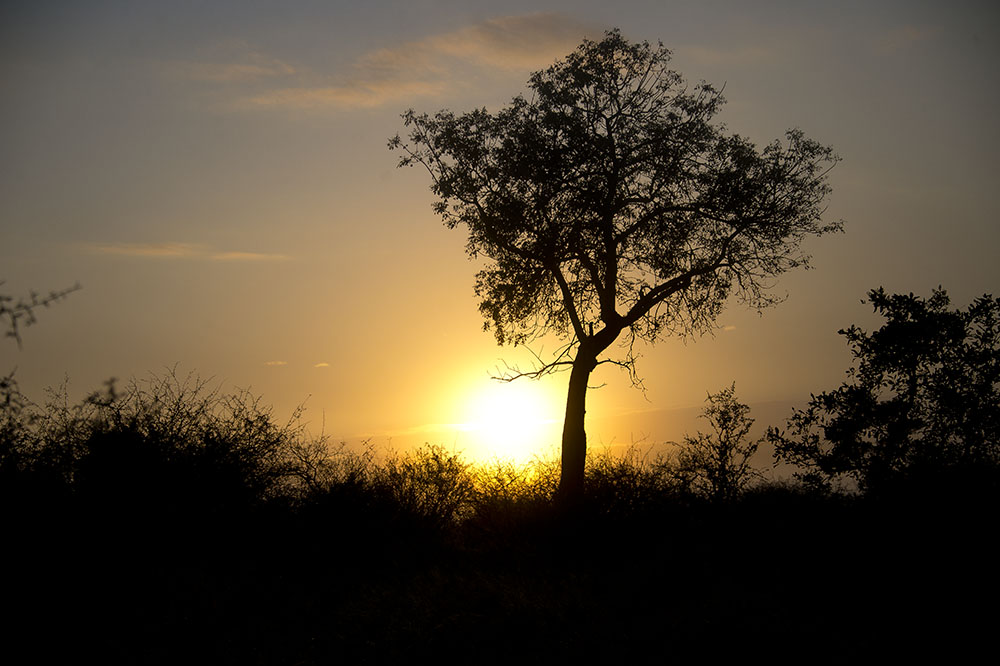
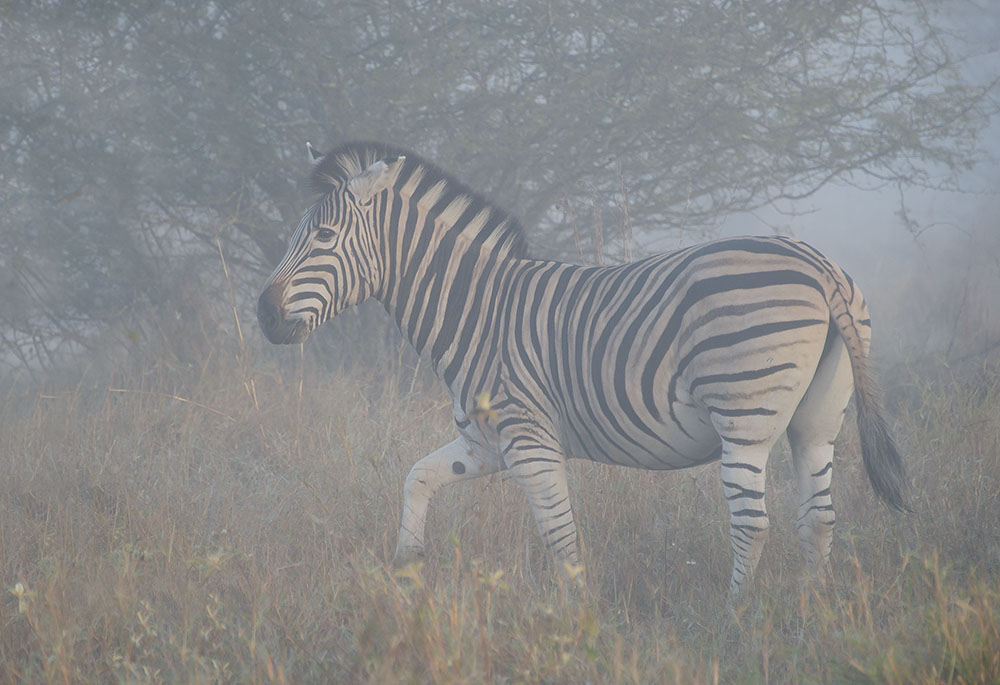
This is the most beautiful of roads and one always enjoys it regardless. Things are quiet today.
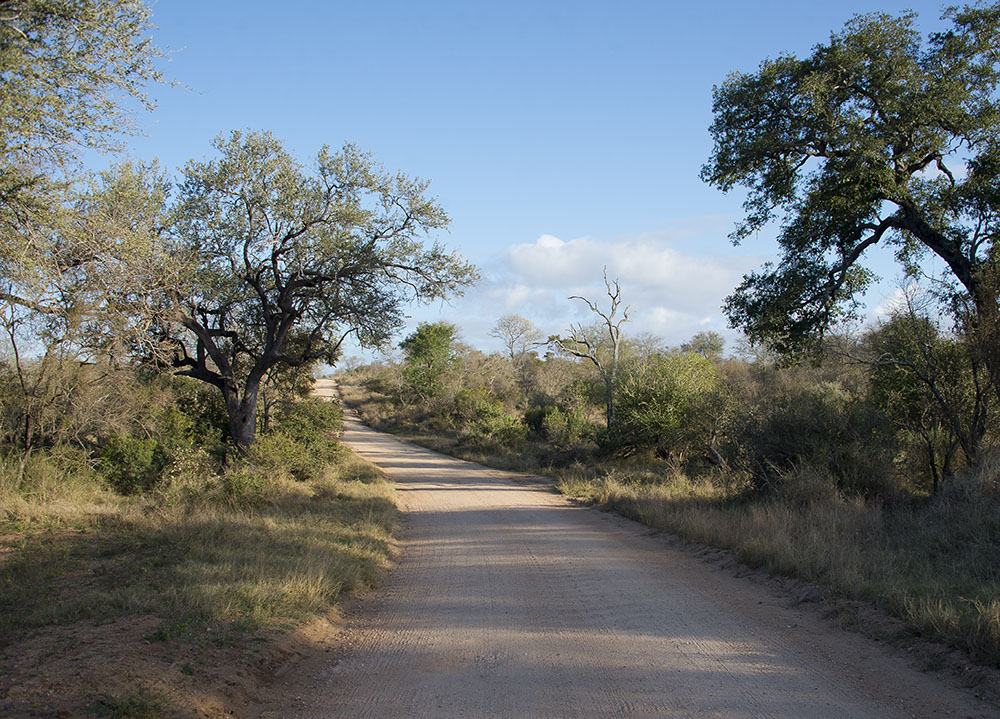
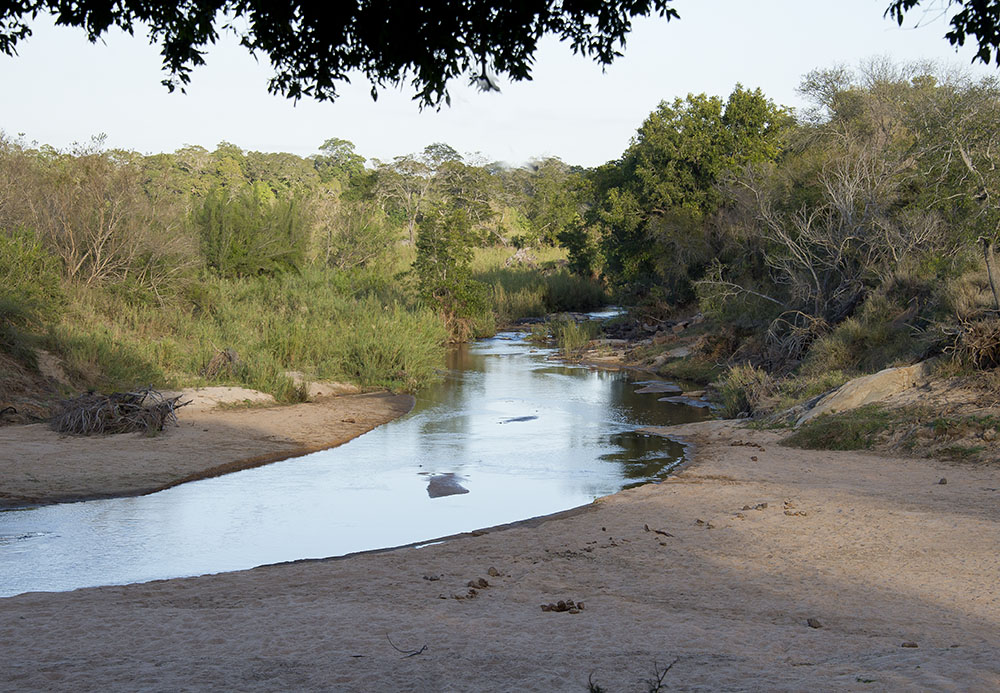
As a result of the February floods the once deep pool at this spot has filled with sand which is a bit disappointing.
The mist quickly clears and at the end of the road on the high-level bridge, the Sabie River is a real picture.
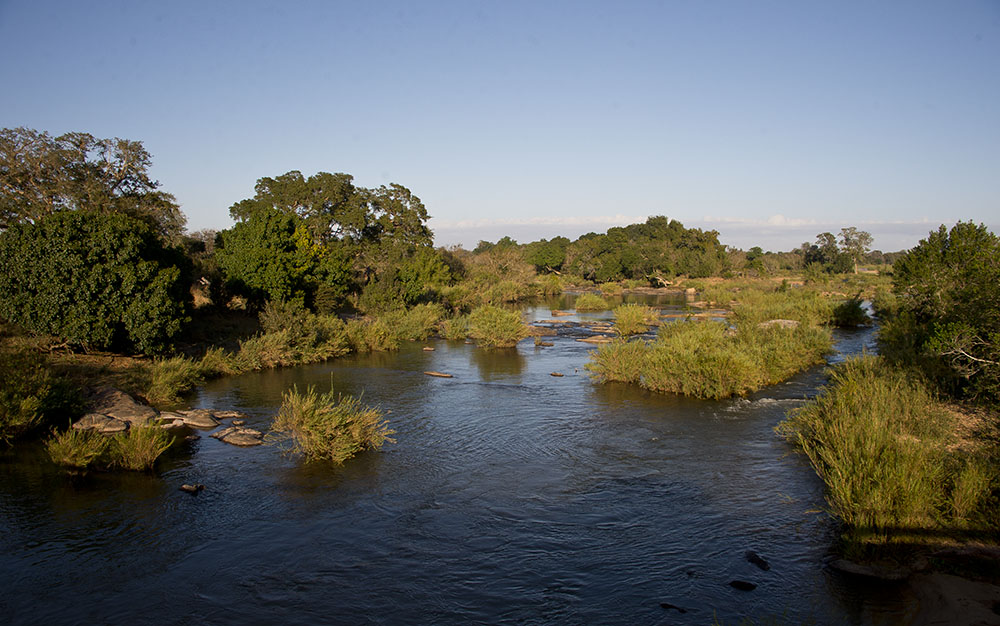
We next move down the main H4-1 road and pause to look at a handsome Shikra sunning itself.
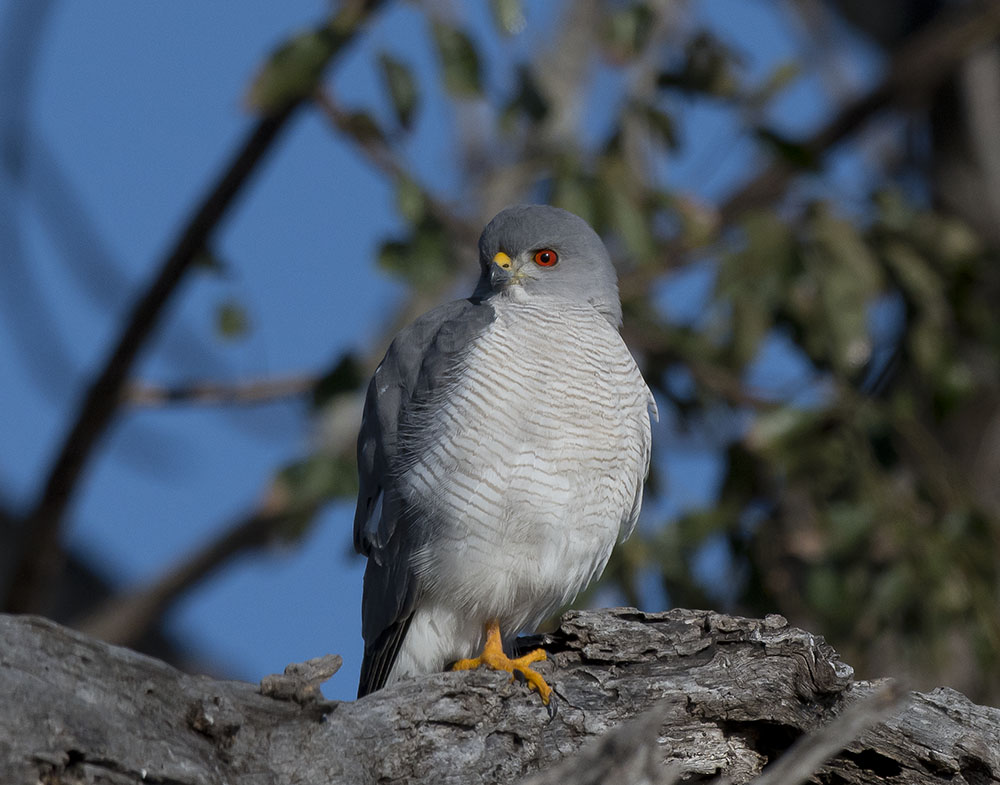
Reaching the Nkuhlu Picnic Spot, we note the new tented camp that have been built at the upper end. This is a private endeavour and is certainly a beautiful place to spend a night. No fences, generators or traffic, just the sound of the river and the night bush life. At R7,500pp/night one should enjoy oneself.
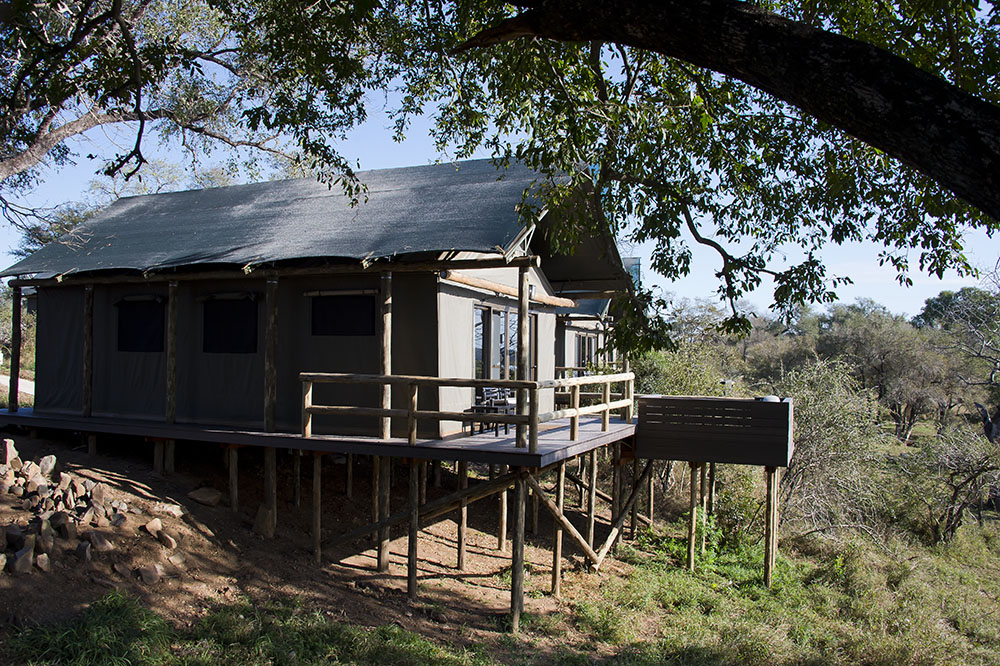 Back at the now much improved Nkuhlu shop, I buy a pie and stroll out onto the terraces to enjoy the view and the warm sunshine. Immediately I am mobbed by a flock of very eager greater Blue-Eared Starlings.
Back at the now much improved Nkuhlu shop, I buy a pie and stroll out onto the terraces to enjoy the view and the warm sunshine. Immediately I am mobbed by a flock of very eager greater Blue-Eared Starlings.
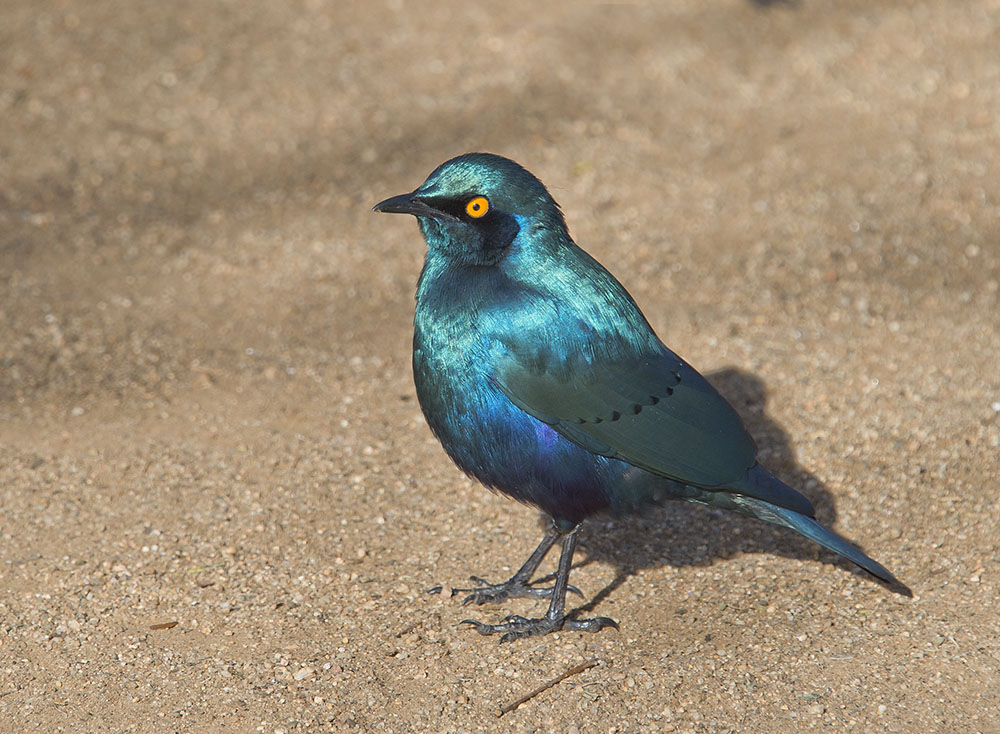
These very beautiful and very boisterous birds seek pickings as my flakey pie sheds bits of pastry and some even contest the pie in my hand. I finally manage to finish it but am then reprimanded by an overzealous camp official for “feeding the birds”.
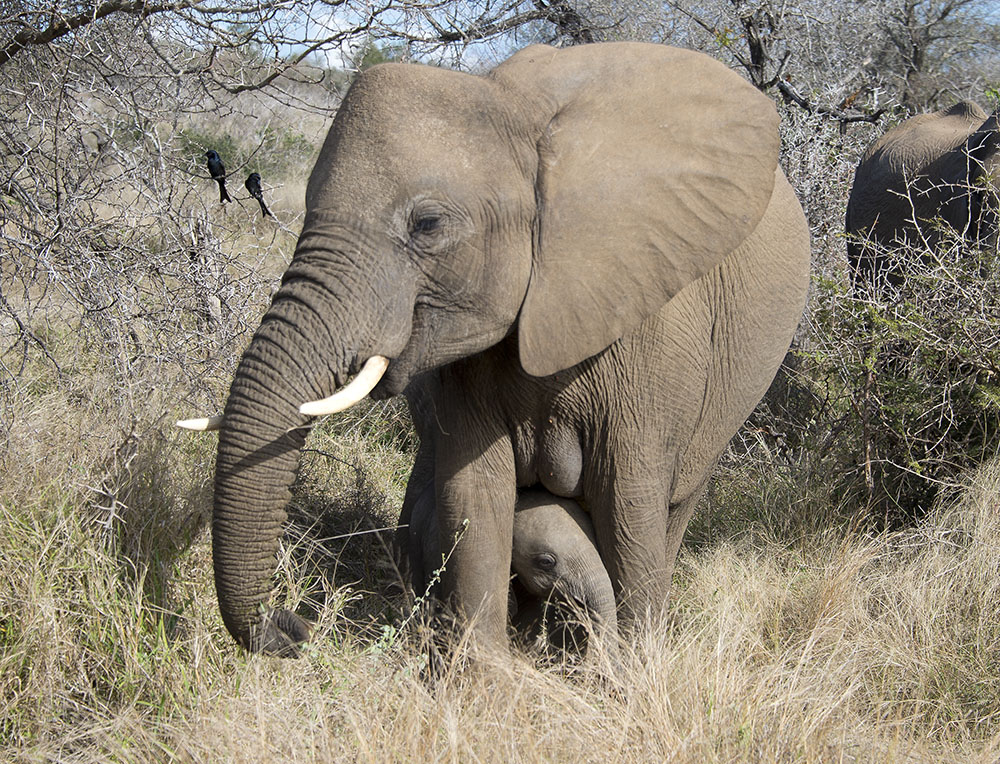 We next stop at Sunset Dam where our lone Pink-Backed Pelican gives a demonstration of his fishing skills.
We next stop at Sunset Dam where our lone Pink-Backed Pelican gives a demonstration of his fishing skills.
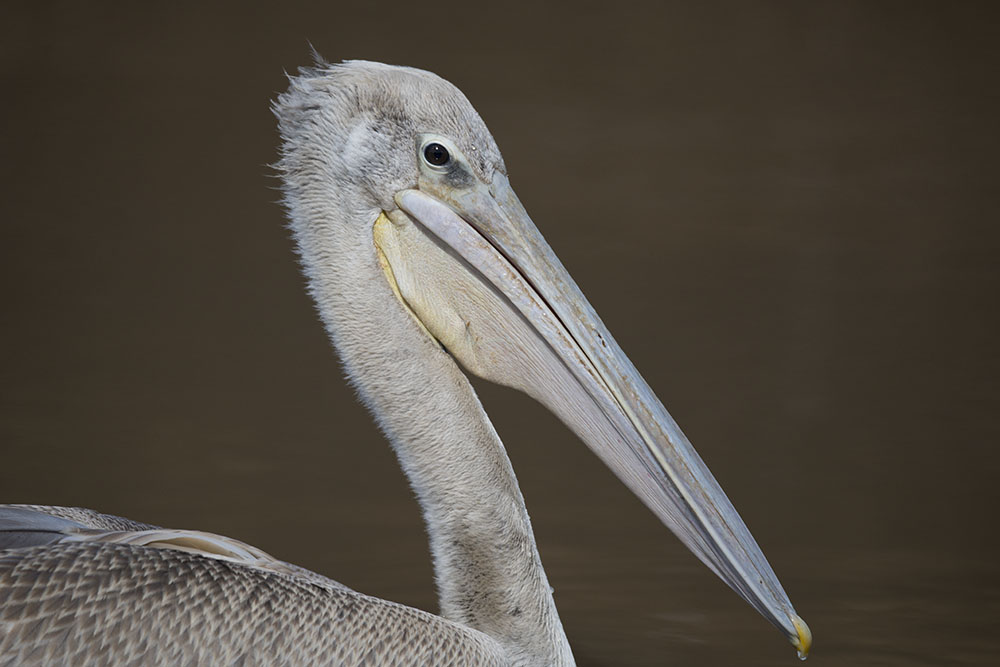
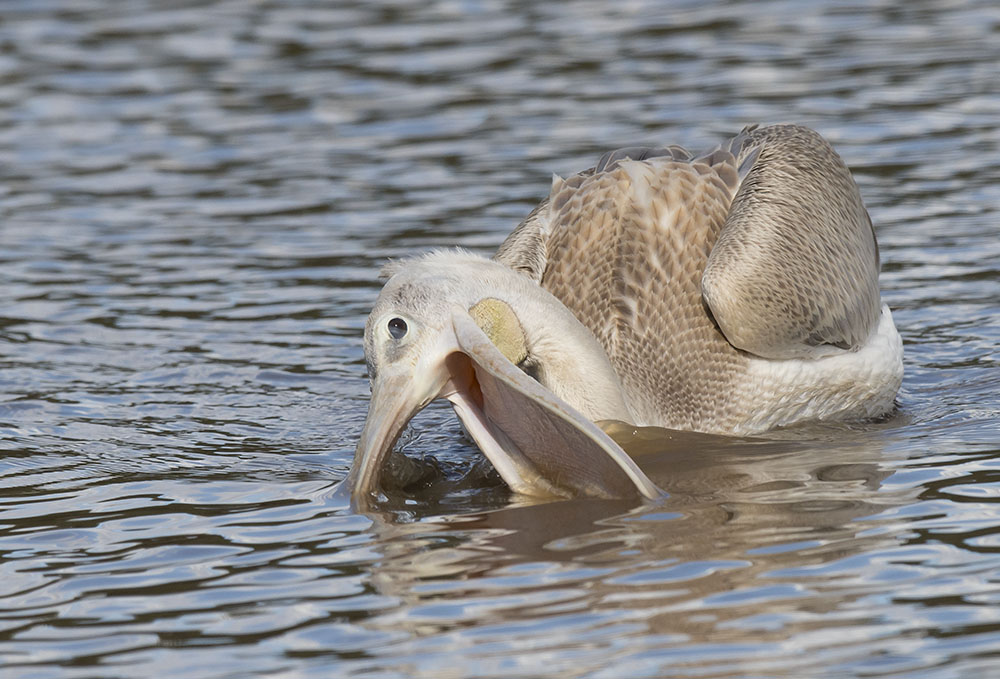
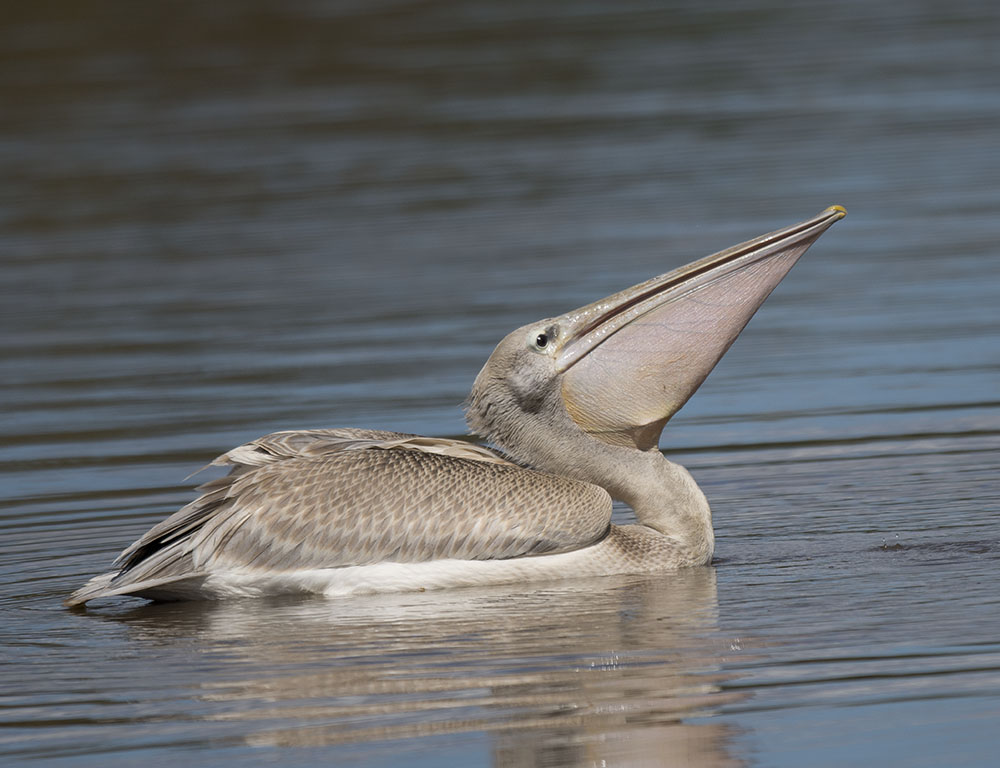
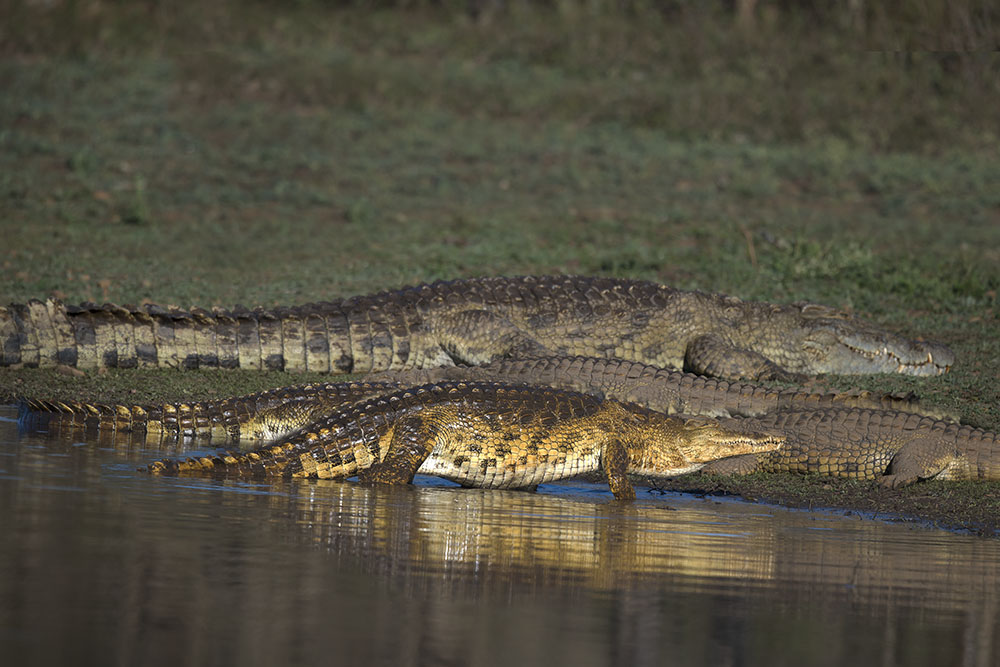
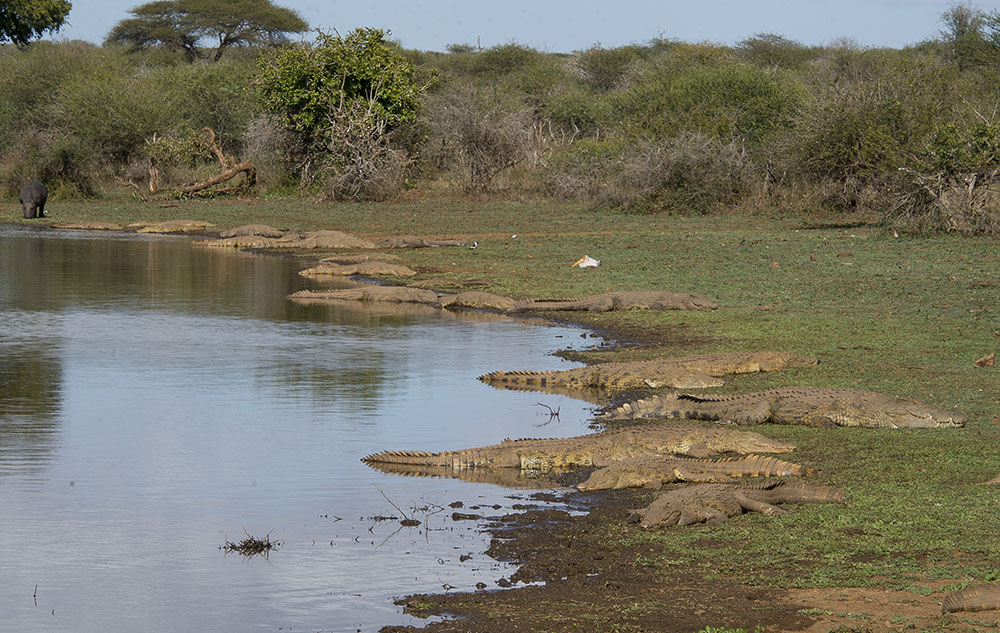
An hour after sunrise the crocodiles start coming out of the water to bask on the banks. Later in the morning I count 80, Renette counts 76 and a tour guide counts 94. Whatever, Sunset Dam hosts so many crocodiles ranging from small to enormous.
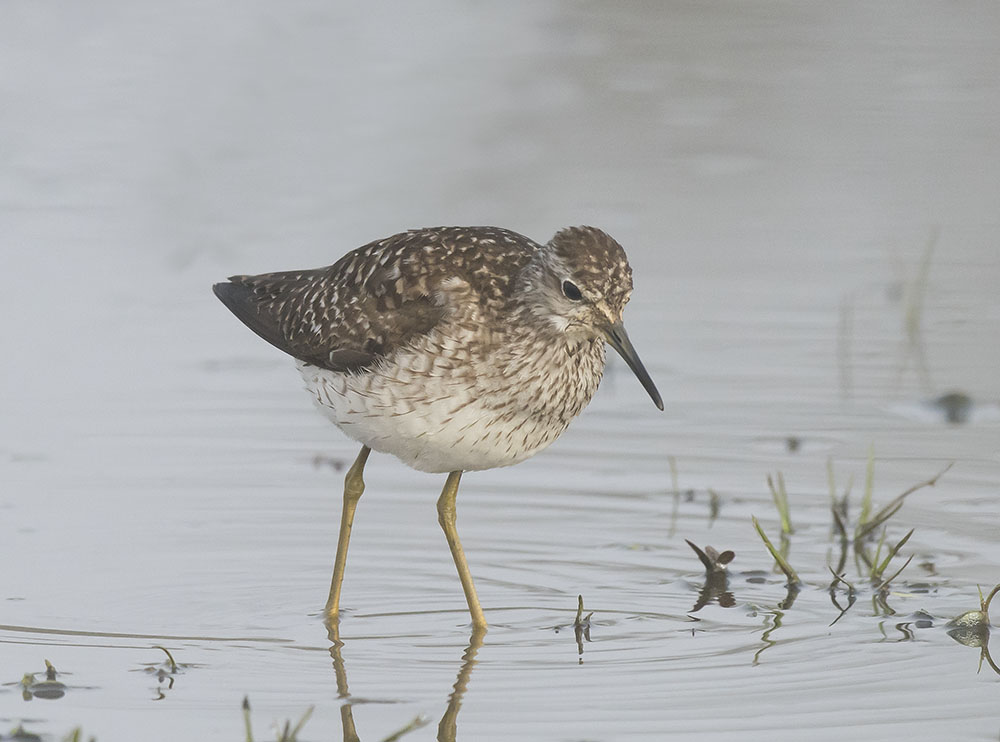
Like most camps, Lower Sabie has its share of aloes – with its Sunbirds.

Readers may be interested to see two rather historic photos of Lower Sabie. Both were taken about 50 years ago.
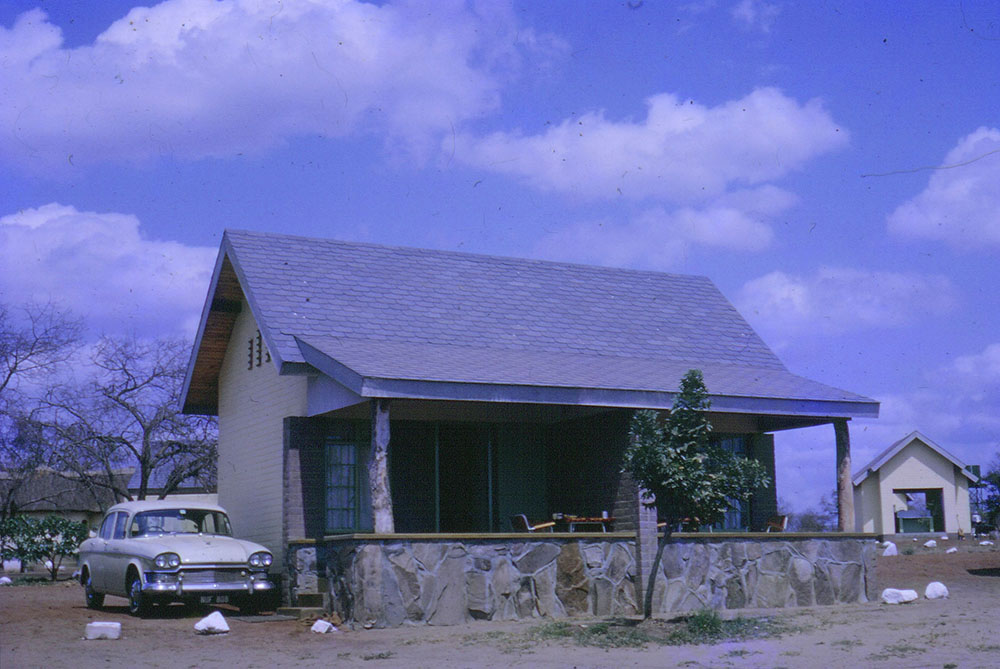
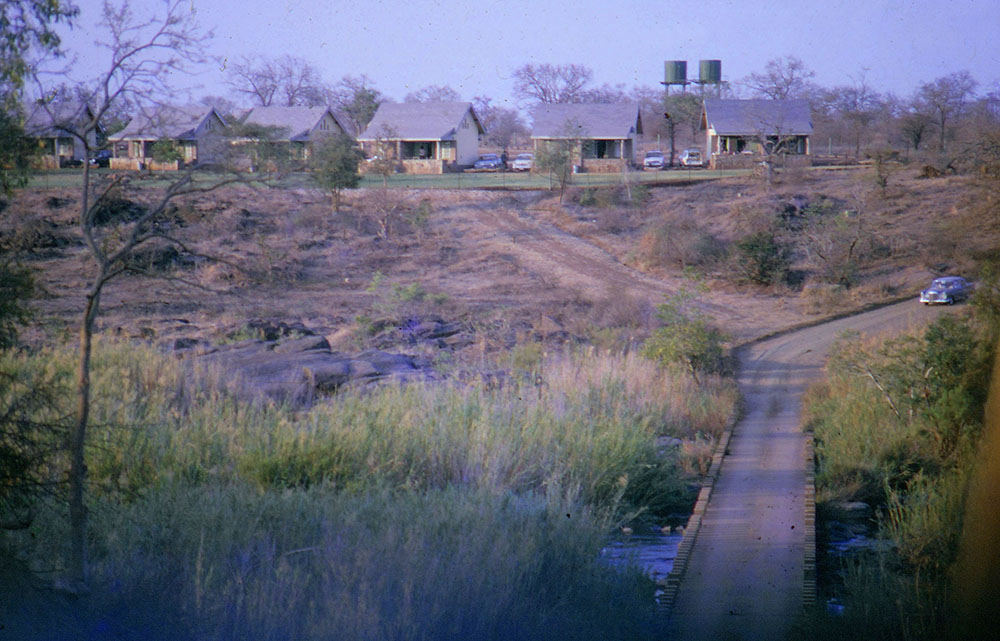
This afternoon, we trundle up the Sabie Road H4-1 to the first washaway, turn around and creep back to camp. The light on these winter days is just exquisite.
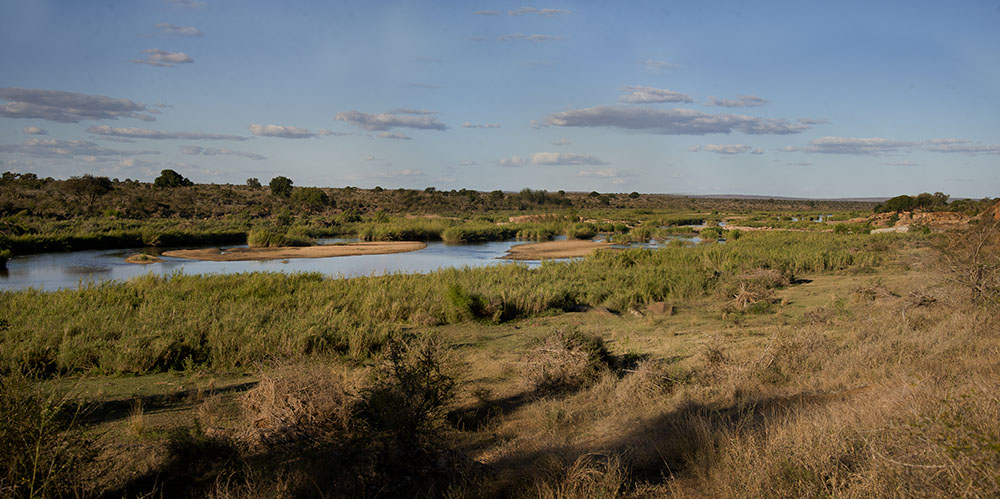
Friday, 4th I like to photograph water scenes when there is no wind at all because the glassy, reflective effect adds so much. So, this morning I begin at Sunset Dam but… again a heavy mist descends.
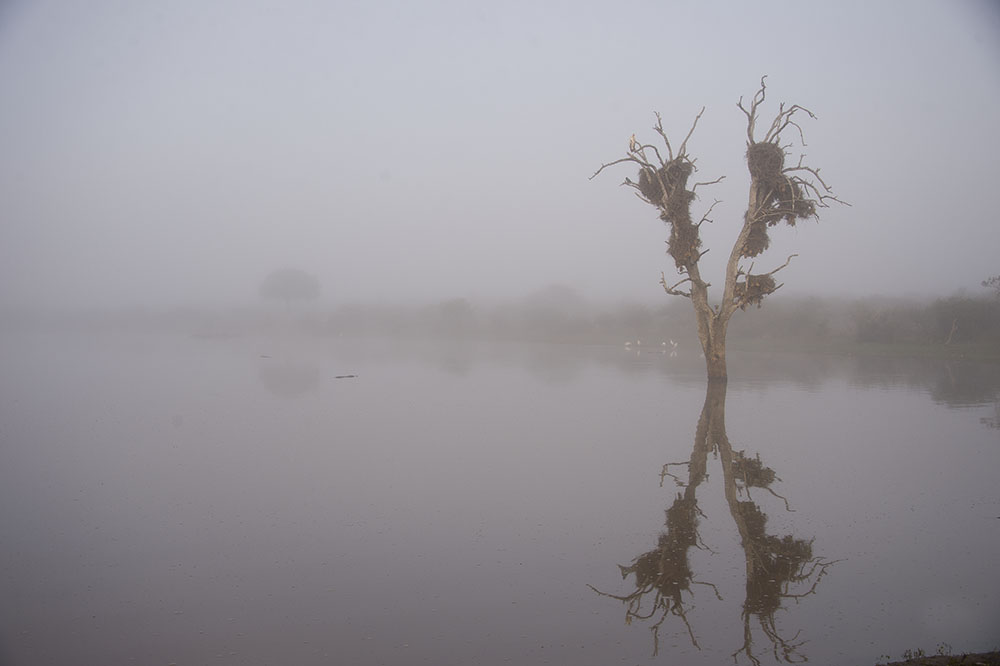
Which puts paid to my photographic prospects.
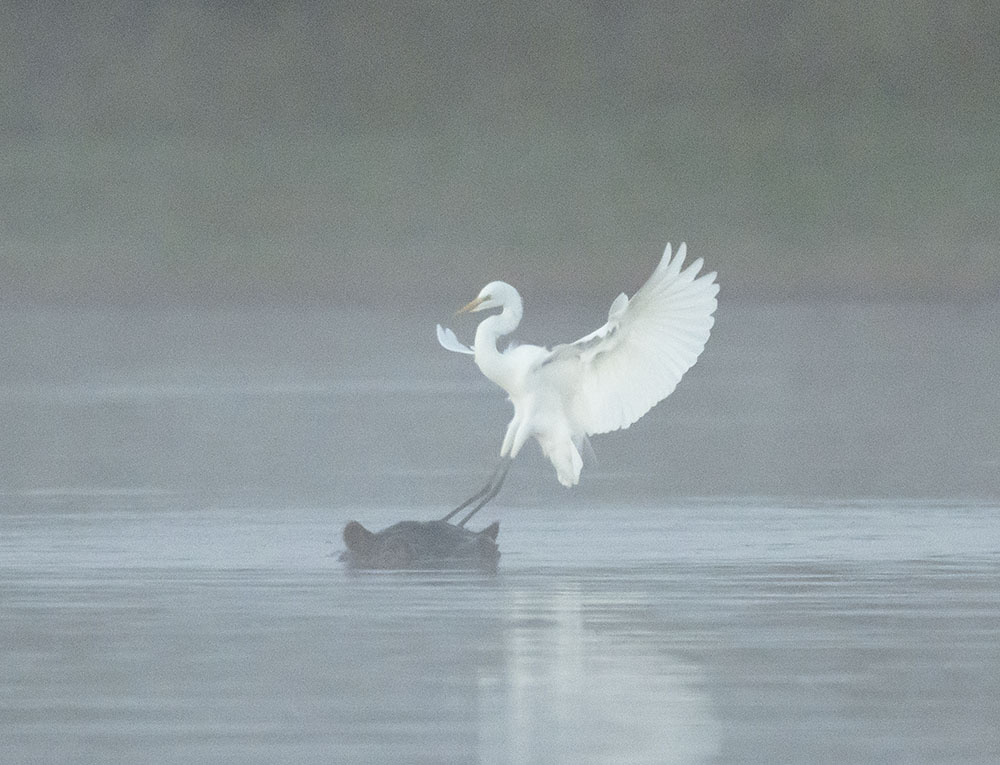
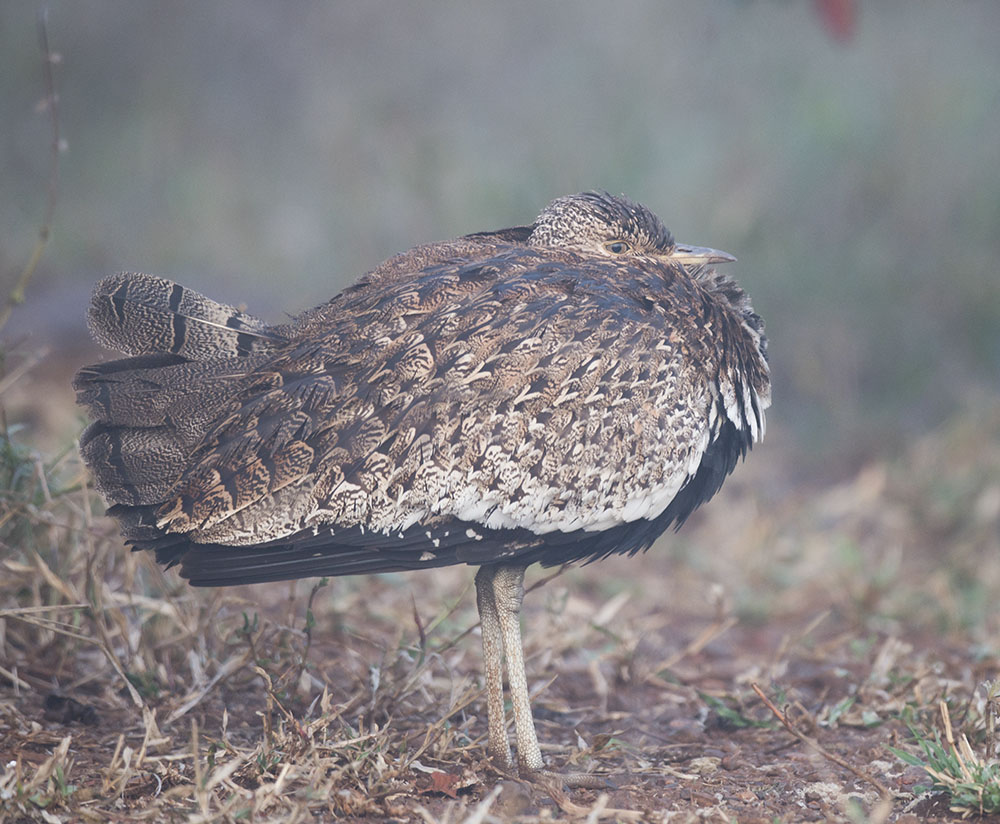
This afternoon we head up the H10 Tshokwane road in clear sunlight. Where the road meets Muntshe mountain, the road crosses the Mnondozi stream. Here the ferocity of the February floods is all apparent. Debris is caught on bushes high above the bridge which somehow withstood the floodwaters.
We cut across left along the S129 through veld that has recently been burnt. The tragedy of Kruger’s loss of its trees is so noticeable here where the soaring elephant population as well as veld burning has left vast areas of Kruger treeless.
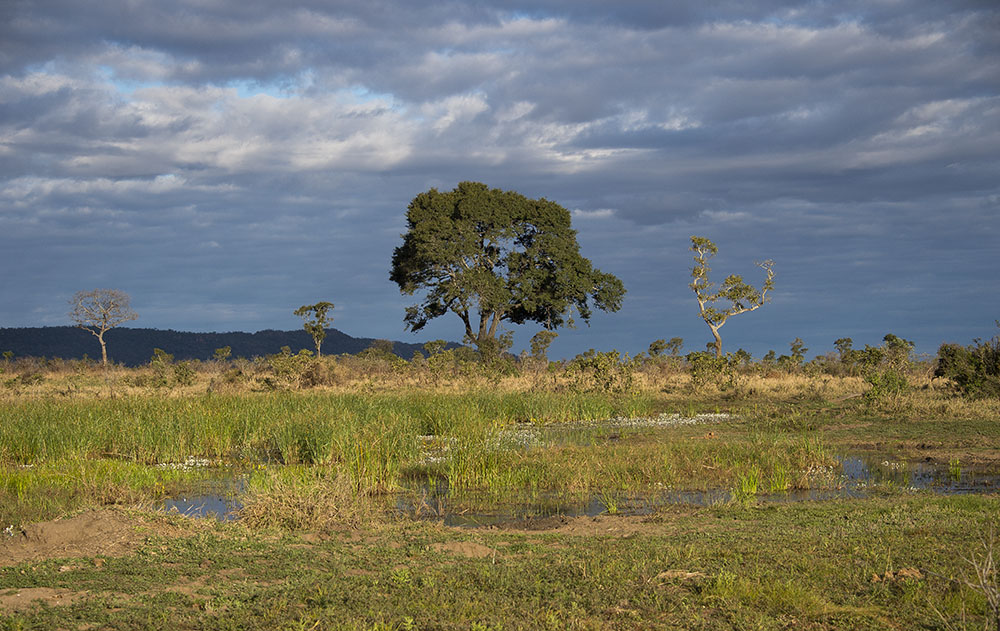
Saturday, 6th Lower Sabie’s petrol station burnt down some time ago so by necessity we are heading for Crocodile Bridge today. Unexpected light rain began falling overnight and it continues as we set off at 6.30am. Not far along the S28 gravel road we pass a marshy area and there right close to the road, a lone hippo has made itself comfort able in the mud. It watches us with a beady eye.
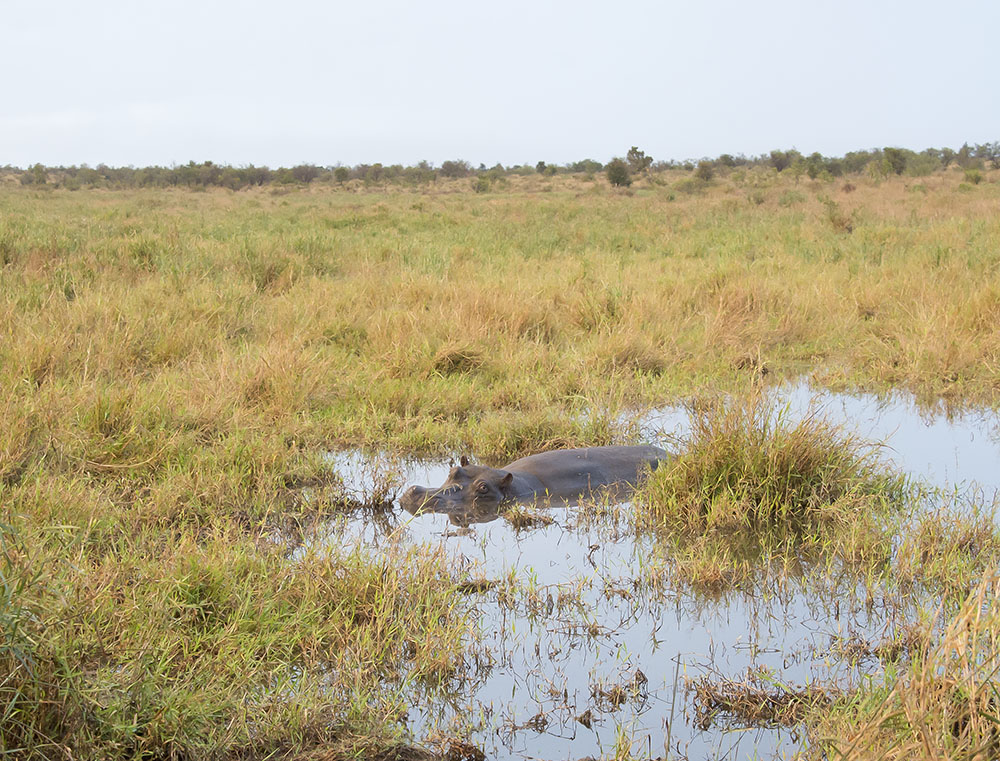
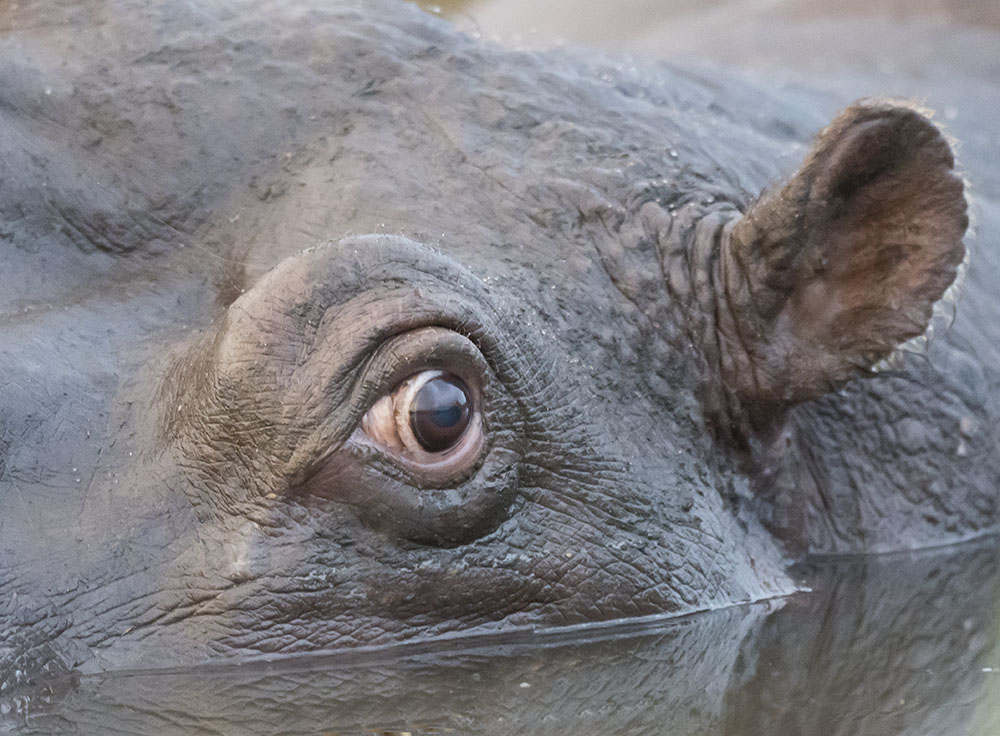
The S28 is usually a quite productive road but today it is quiet amidst showers of rain and quite unpleasant conditions. Everything becomes unattractive in these conditions and I don’t even lift my camera for a Martial Eagle perched close by.
At Crocodile Bridge we fill up with petrol and do a bit of grocery shopping. Crocodile Bidge has a lovely little camp for both chalets and camping set in a very fertile part of Kruger. But Croc Bridge has a huge downside……. this.
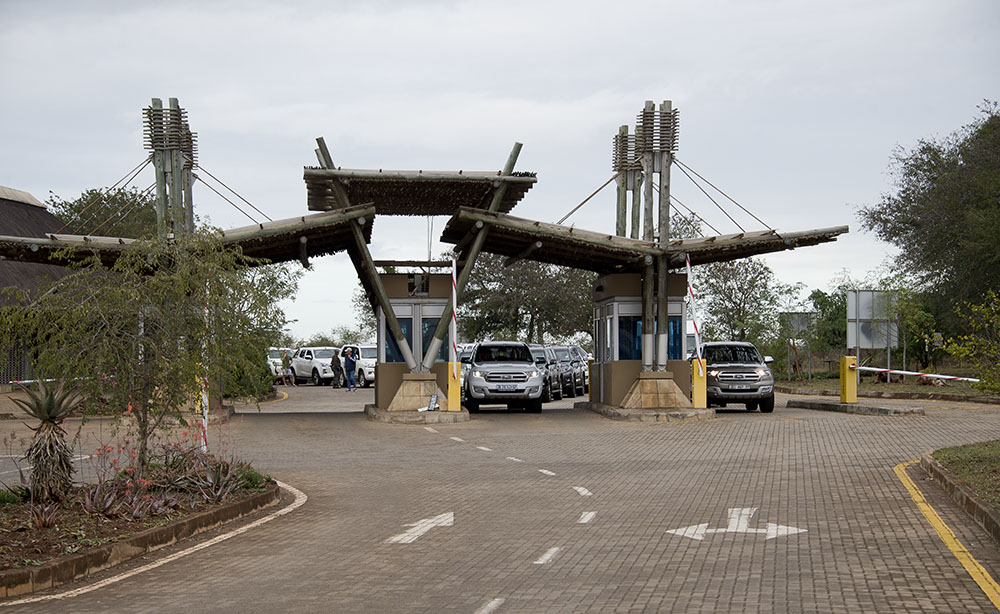
And then this heavy traffic is funnelled along a couple of roads where, if some lions are spotted, this happens.
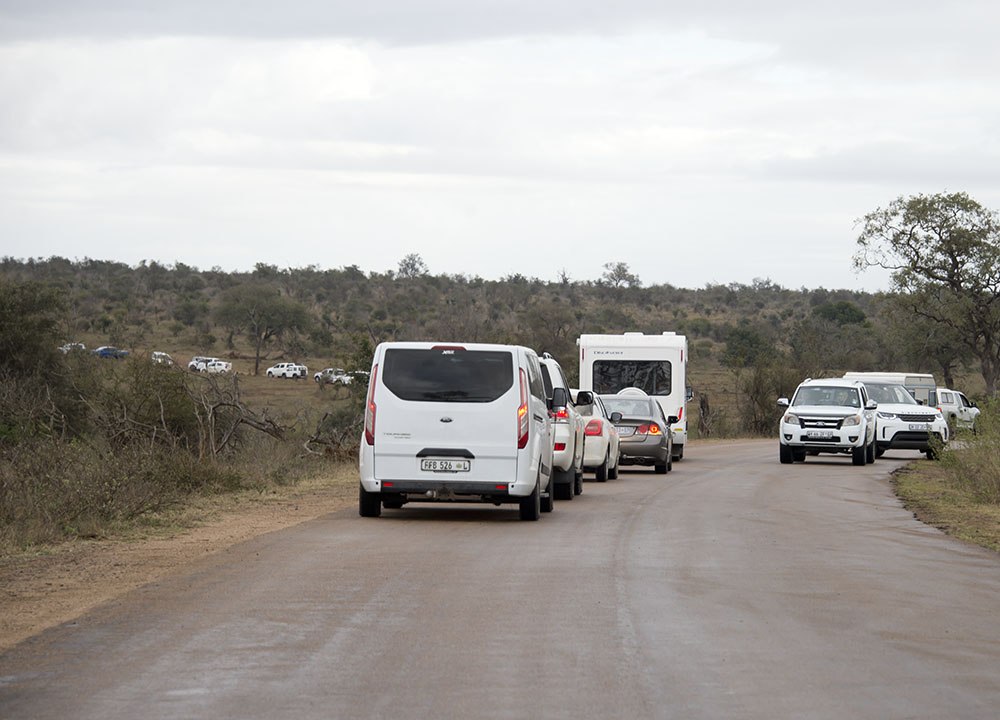
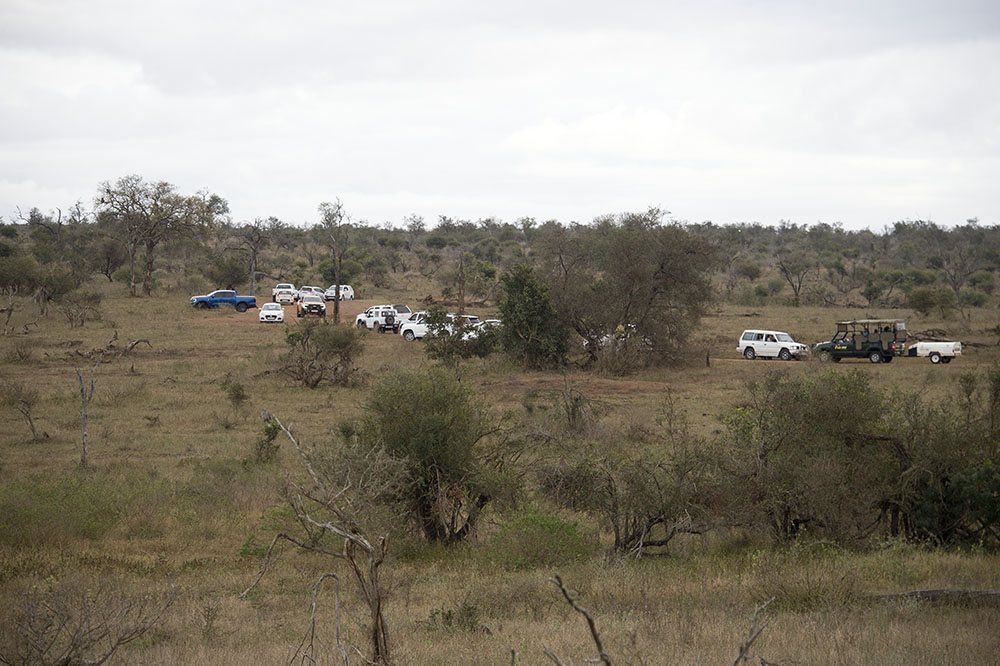
All rather unpleasant and not my type of Kruger. Fortunately when one knows Kruger one can escape this type of thing. Today is the day of the Skukuza Marathon which is run around the area of the Golf course and Lake Panic which has added to the busyness of the Park.
I must apologise for this rather long break in sending out the blog but, as I have said before, the internet can be so erratic here at Lower Sabie.
This afternoon we go up towards the Lubyelubye Rocks and thanks to a very sharp tour guide we find this leopard perched on the rocks. Finding lions or leopards at Lubyelubye Rocks is almost mandatory.
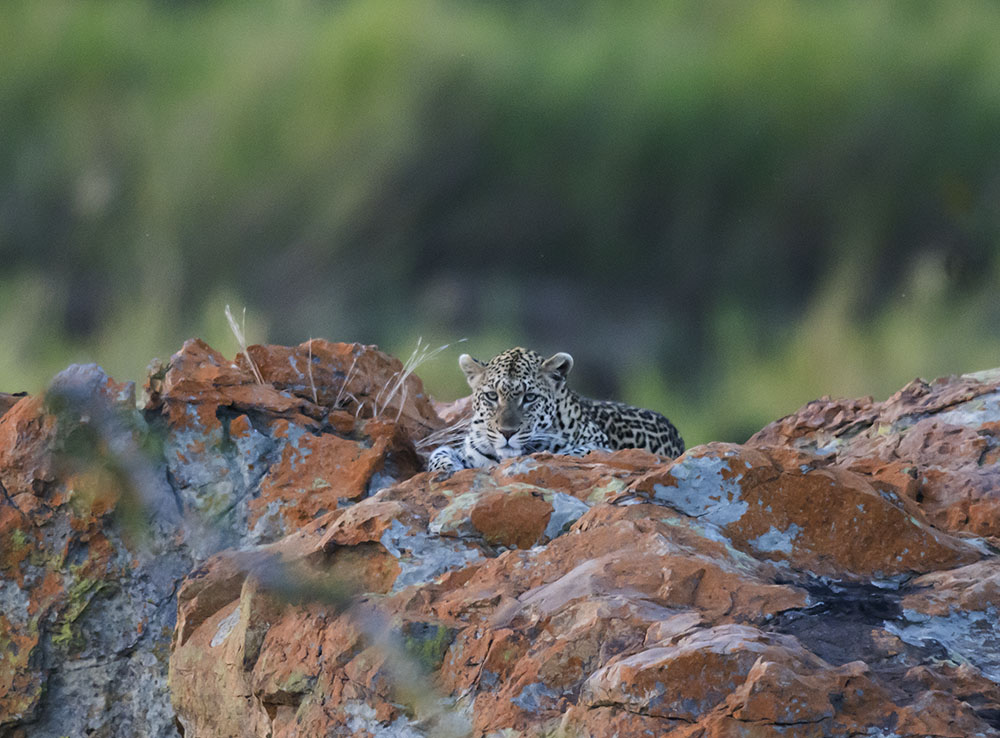
Sunday, 6th We must give S30 Salitje another try so in fine, clear weather we are first up the road. But despite a really ‘slow trawl’ we draw another blank.
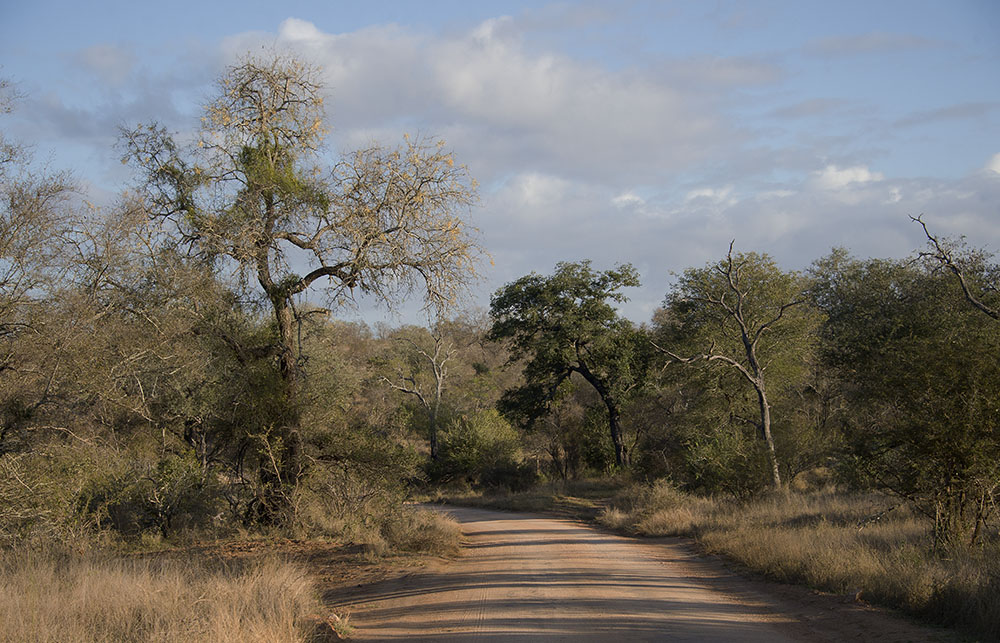
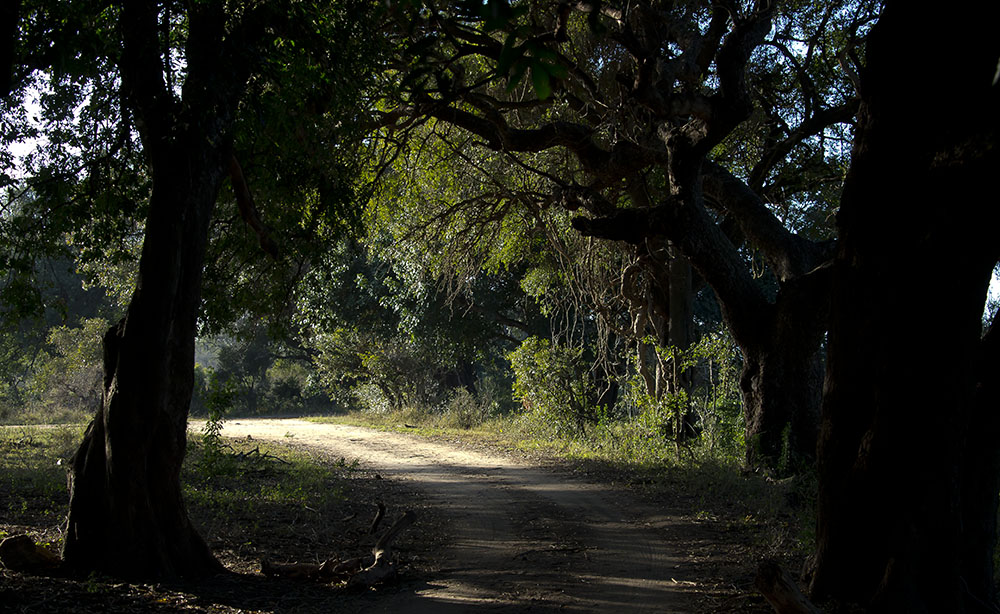
This afternoon we find another leopard sleeping on a comfortable pile of flood debris 1km from the camp gates up the H4-1.
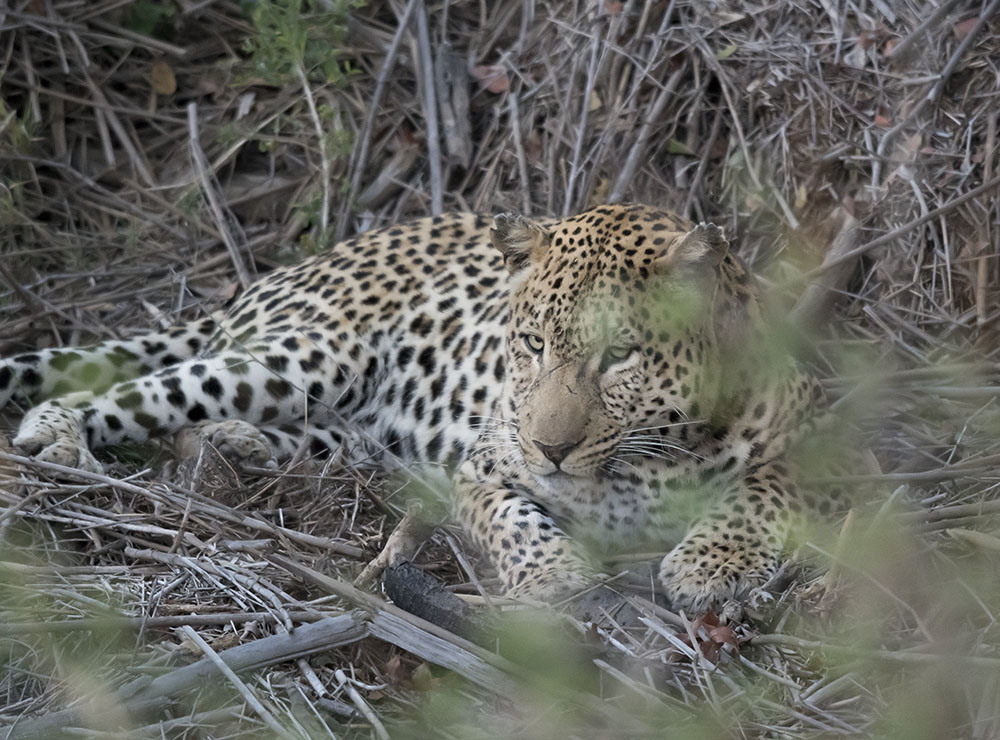
Back at Sunset Dam with the sun already set, the birds are heading for their roosts whilst the hippos are preparing for their night forays.
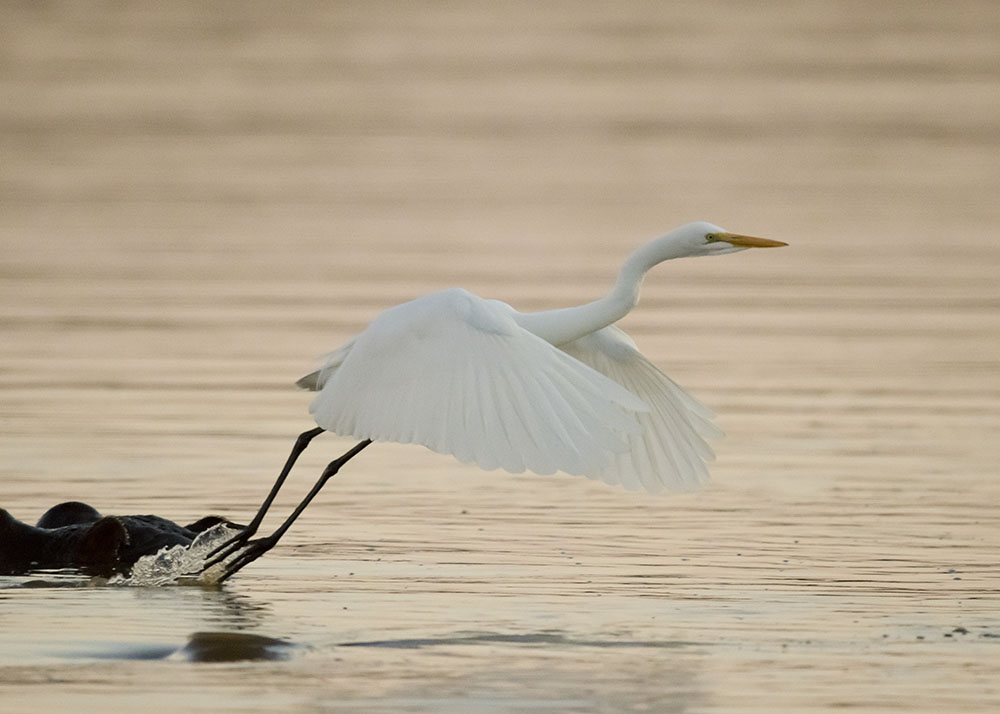
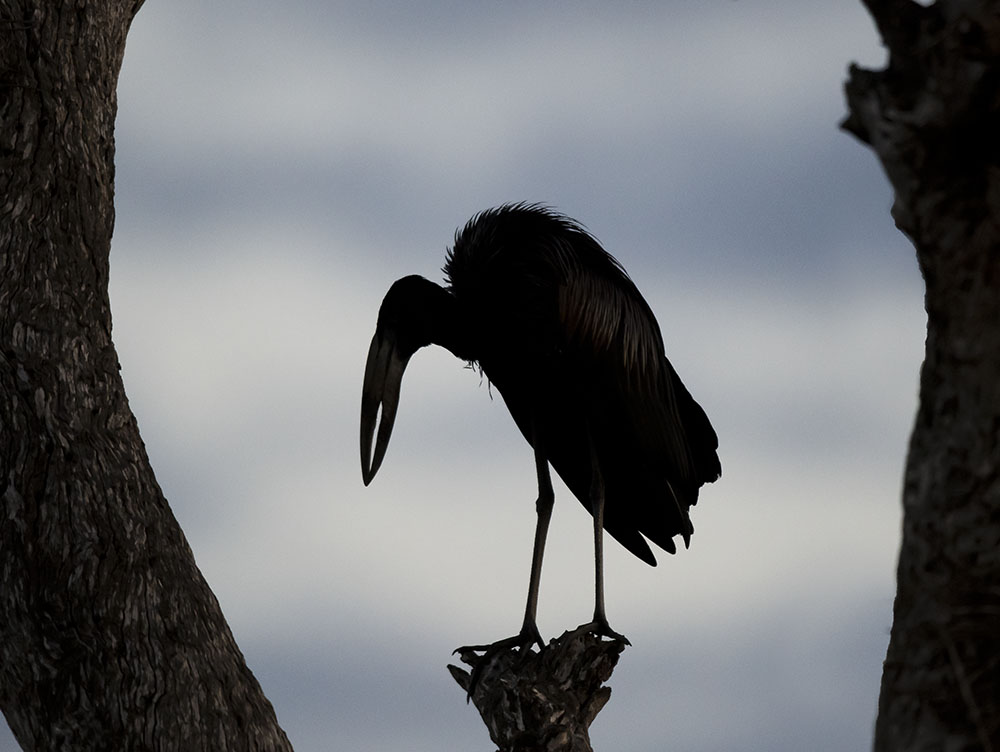
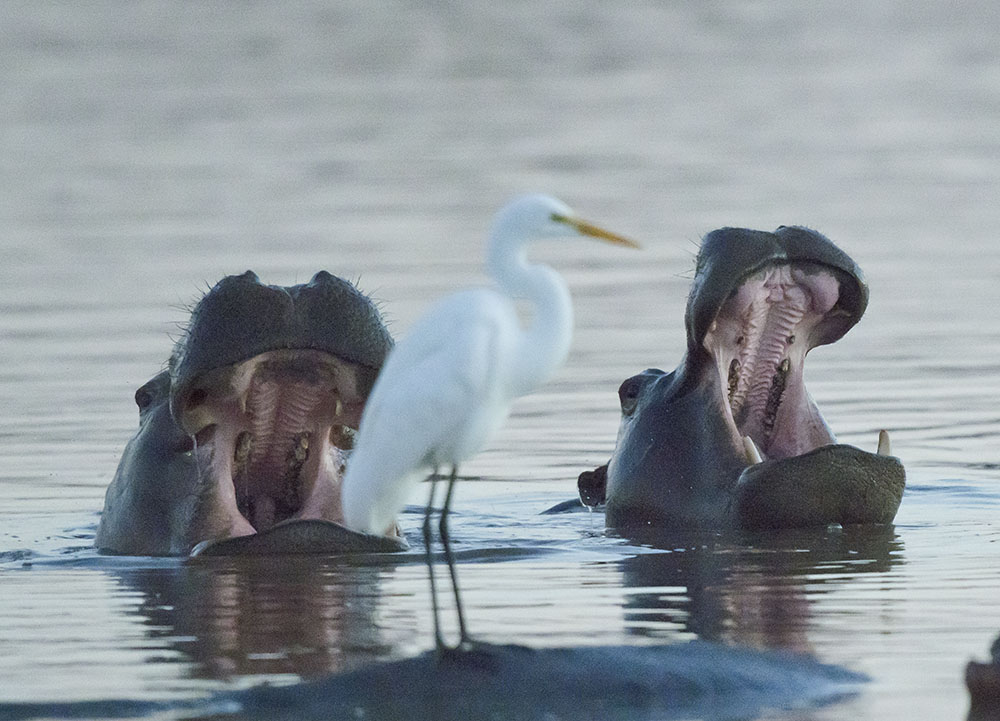
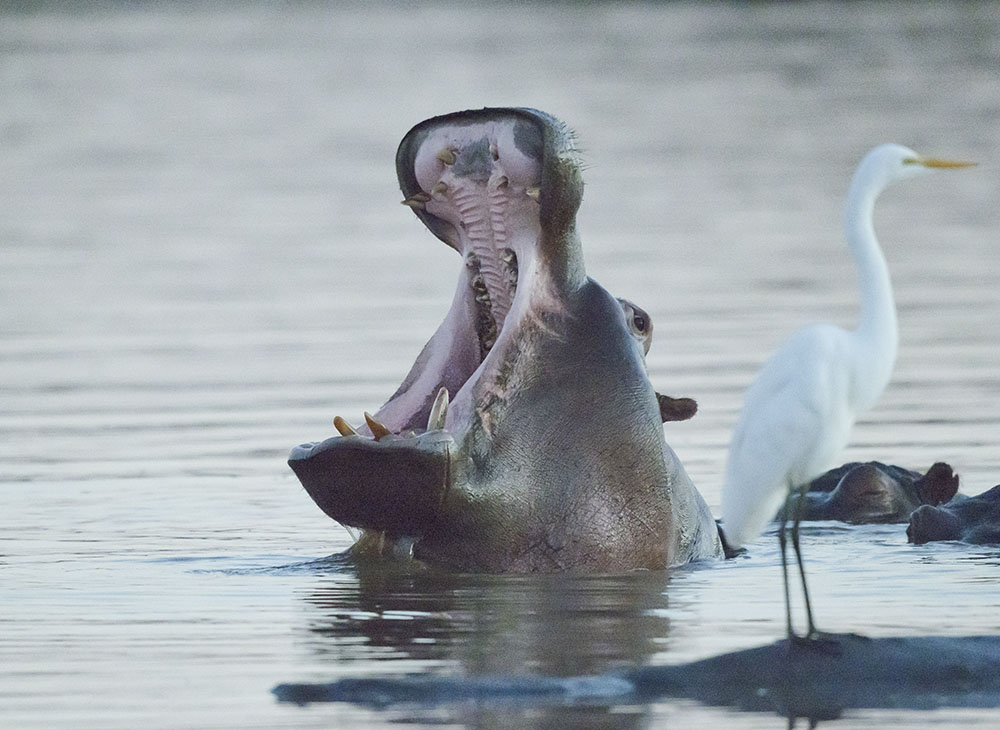

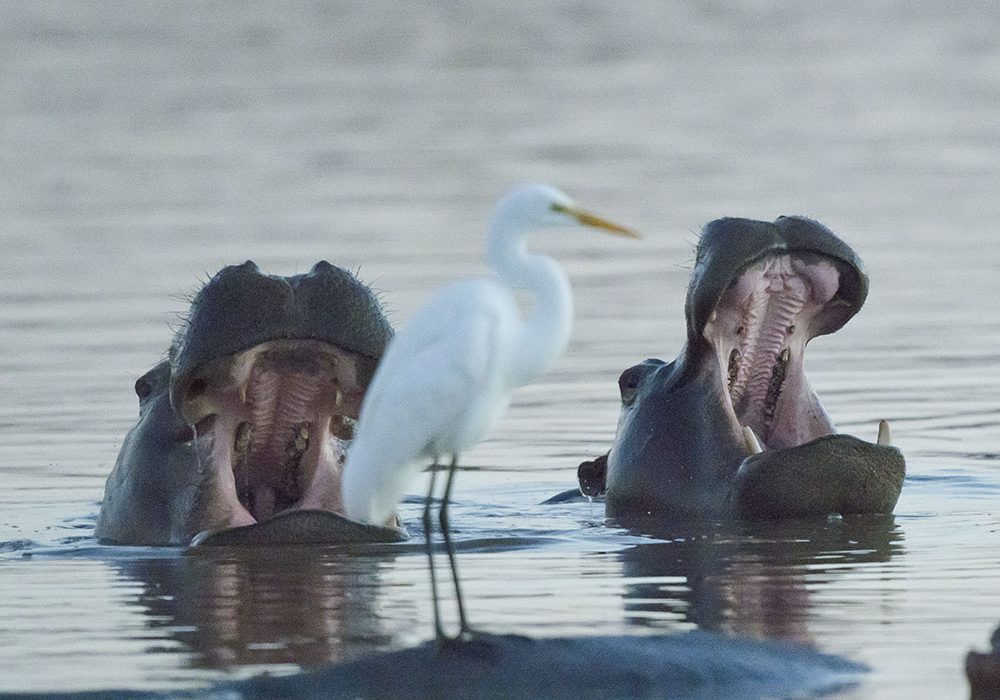
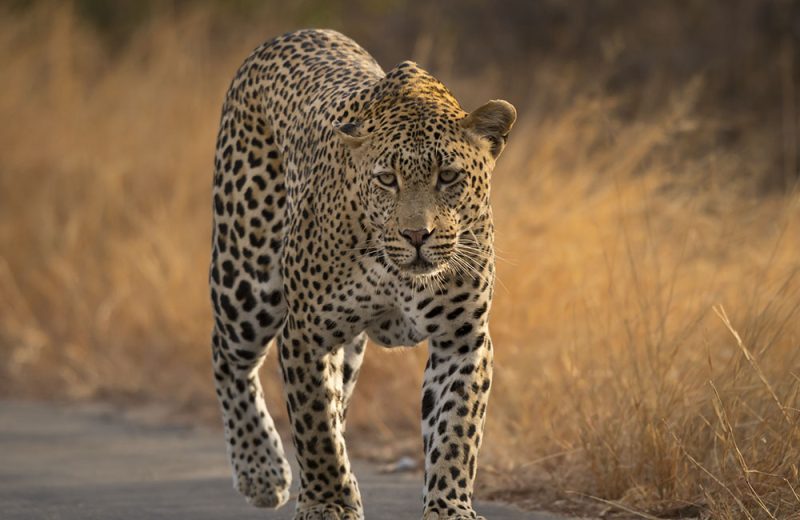
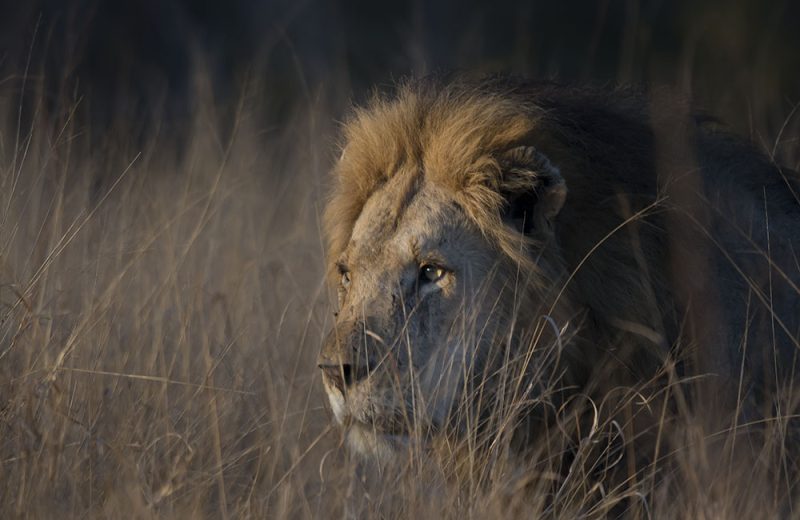
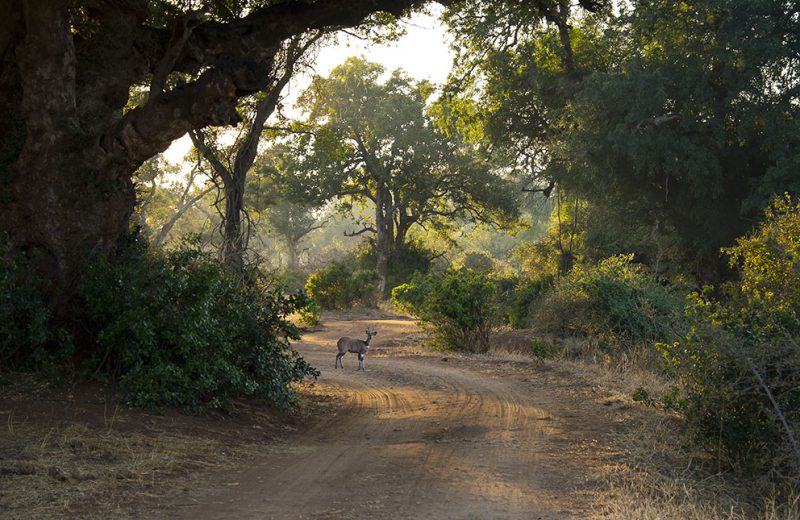
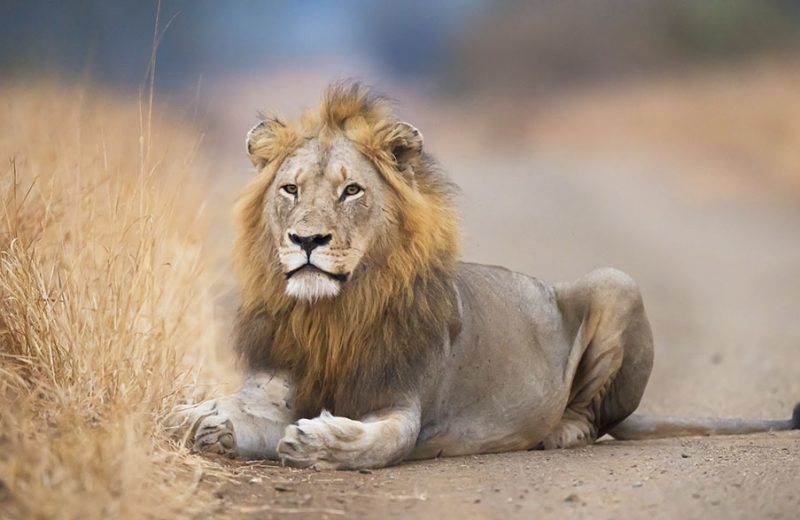
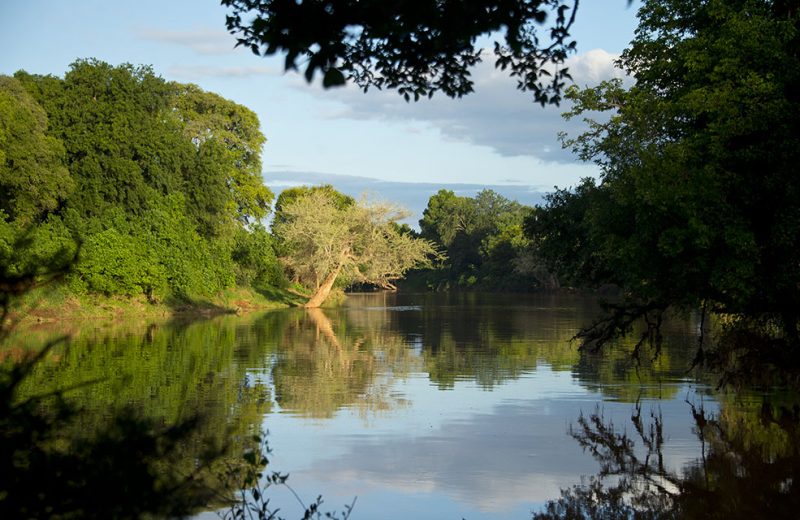
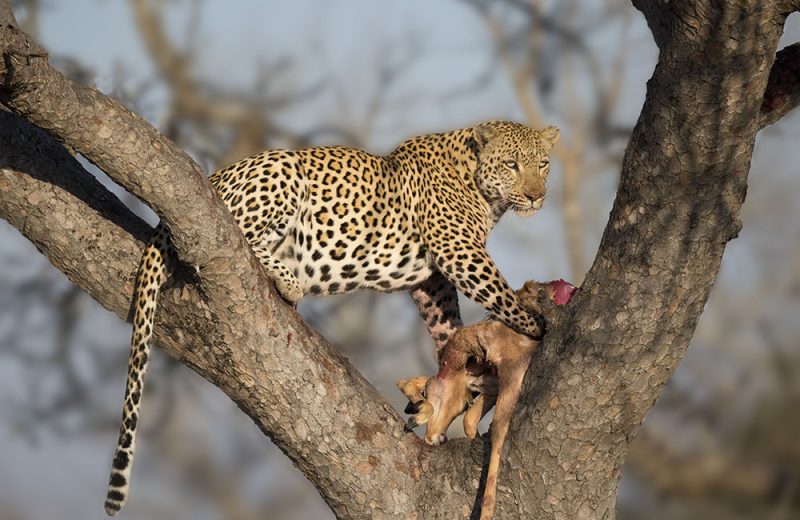
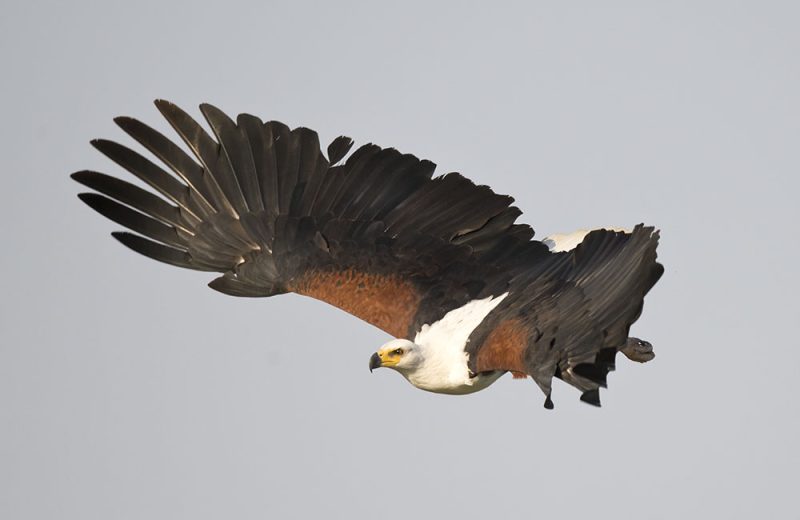
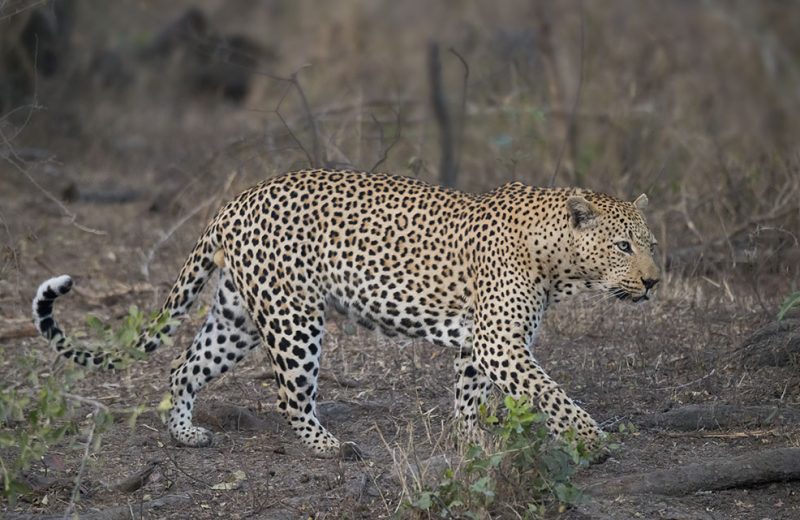
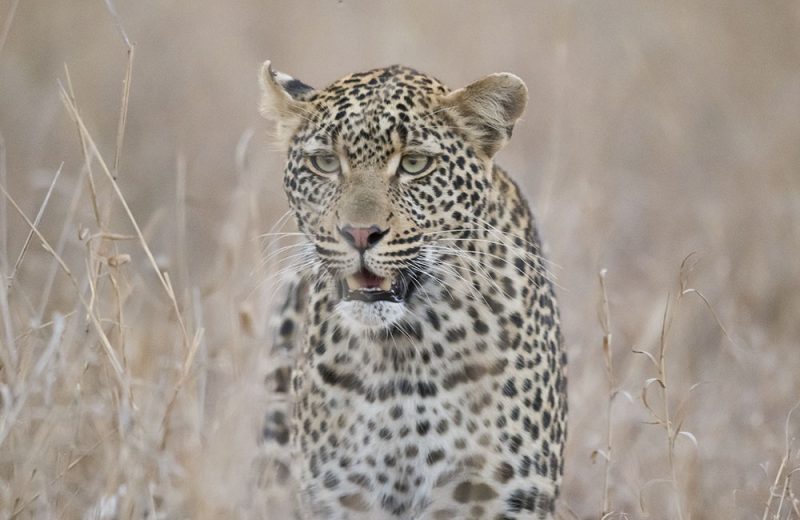
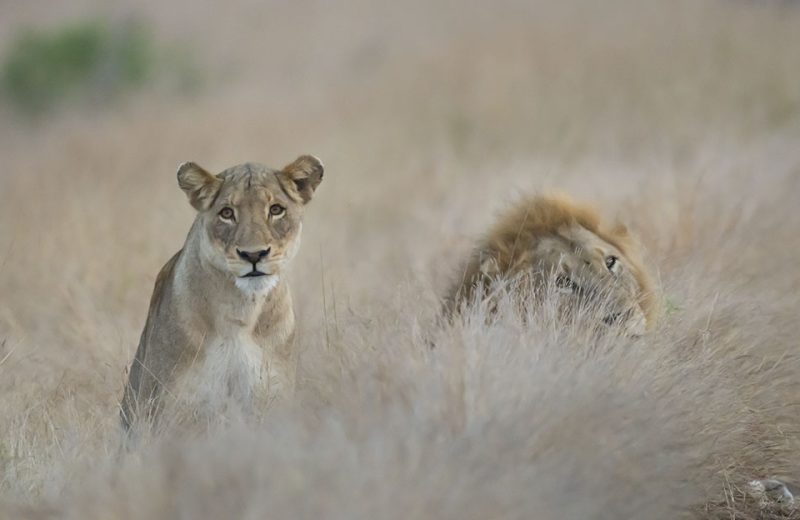
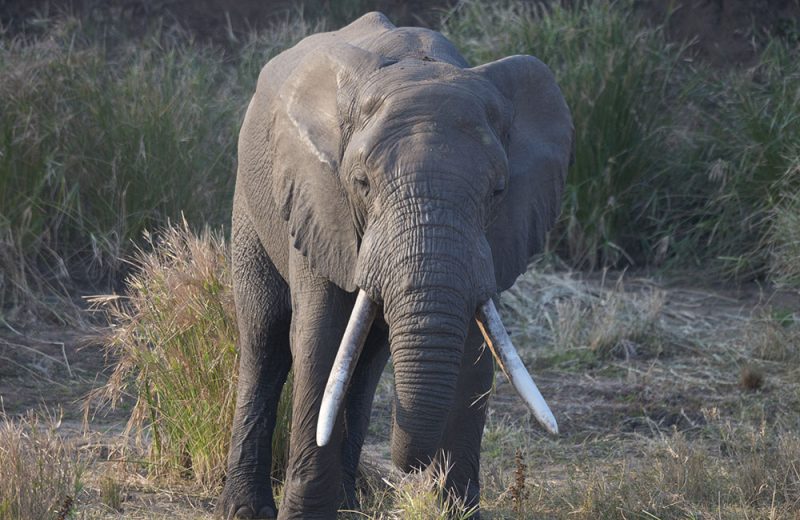
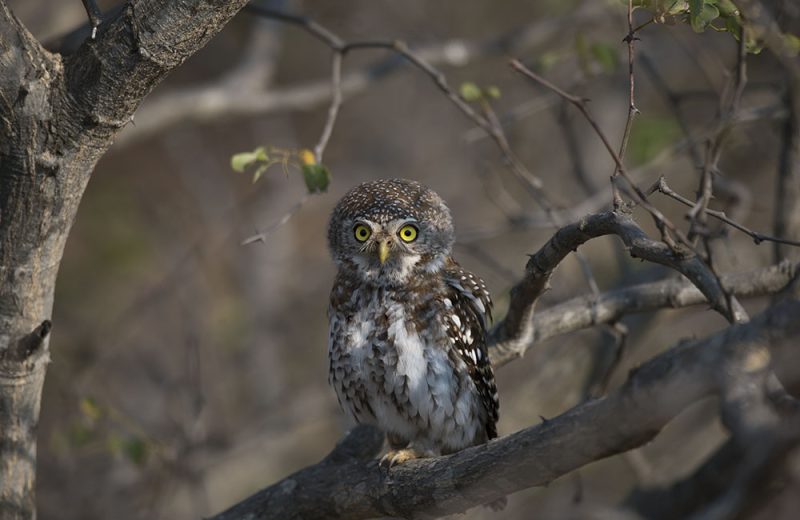
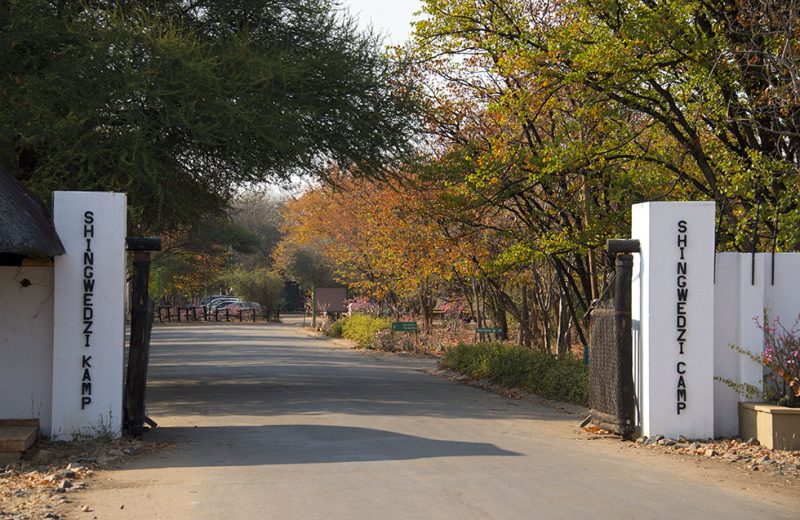
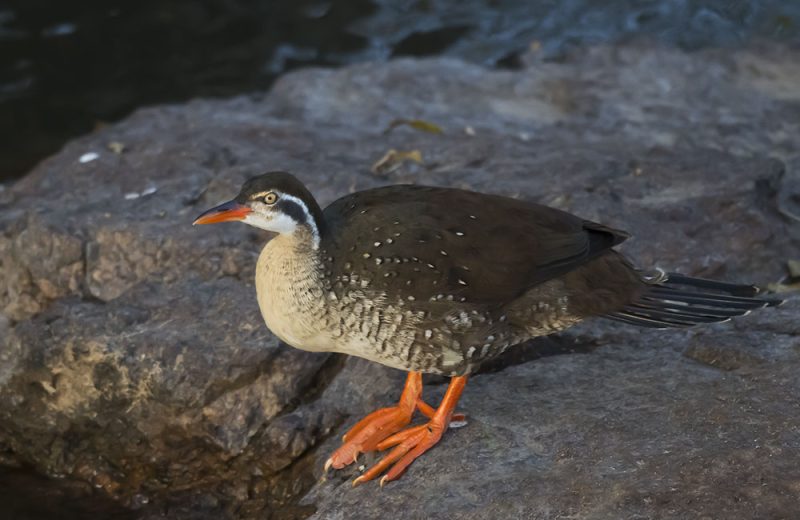
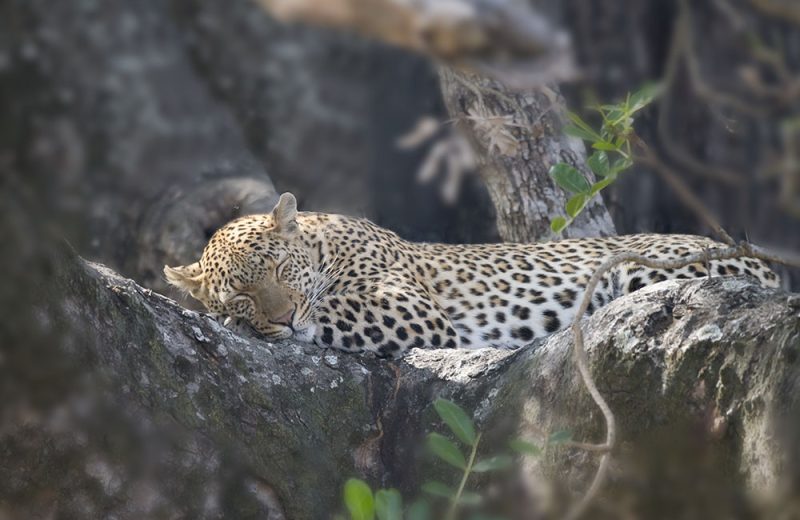
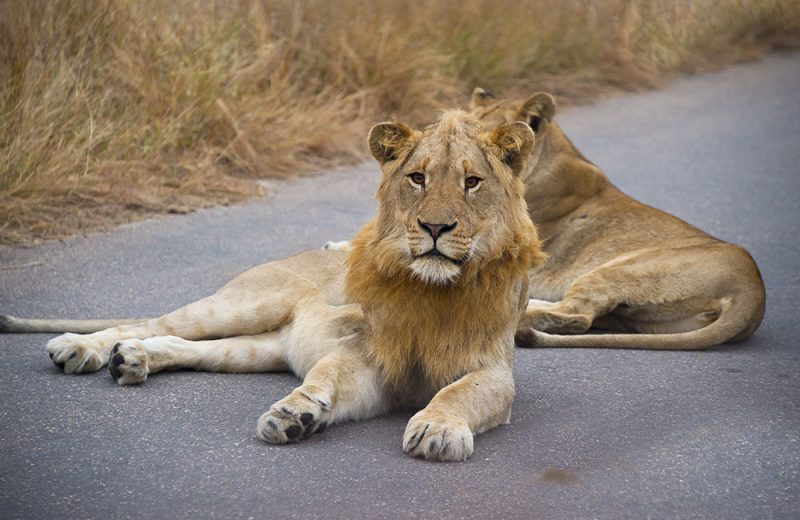
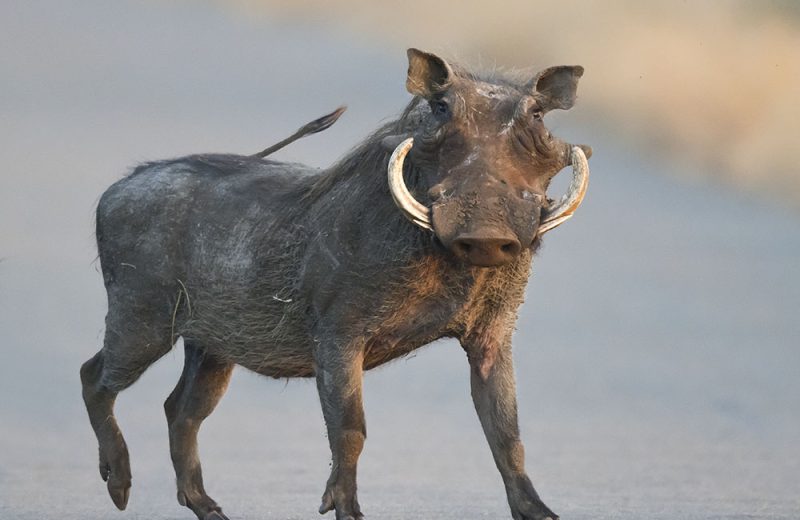
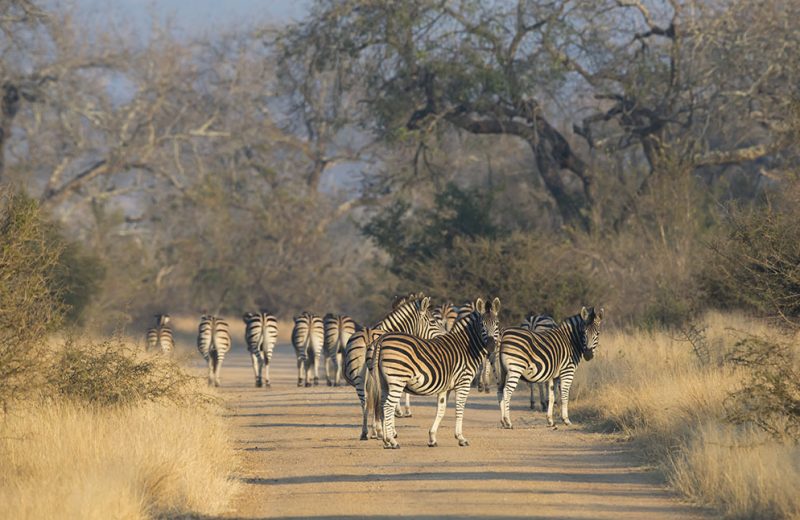

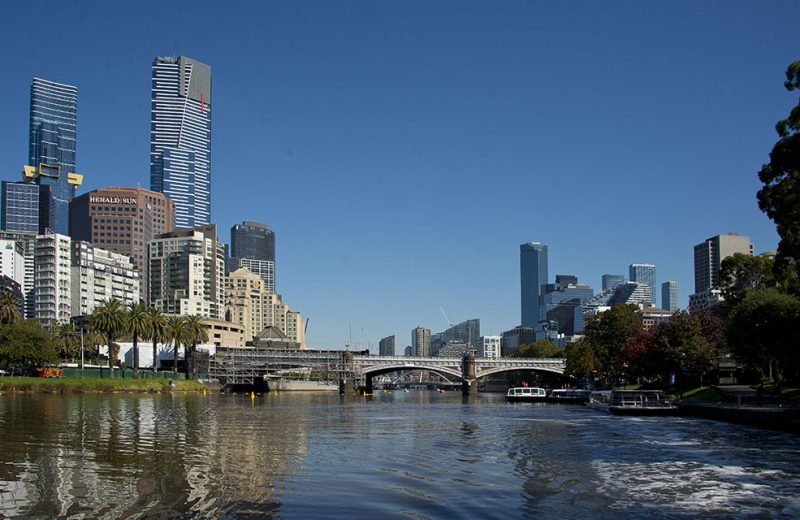
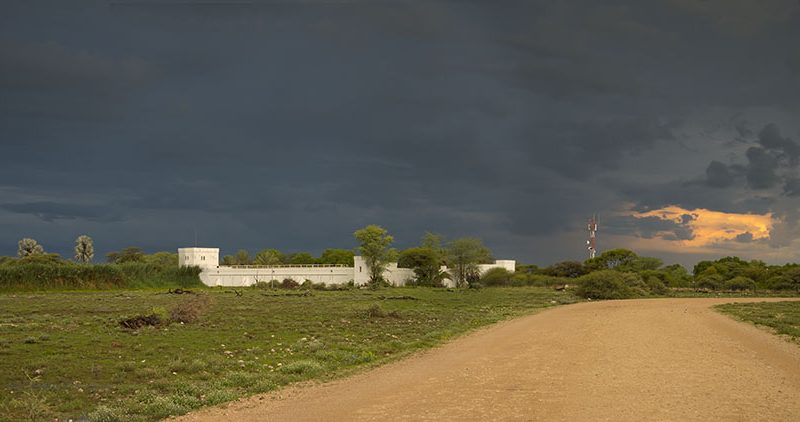
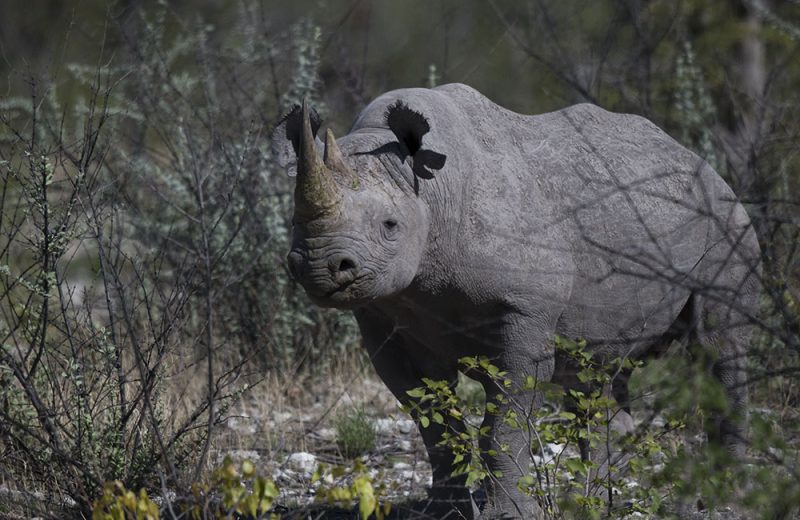
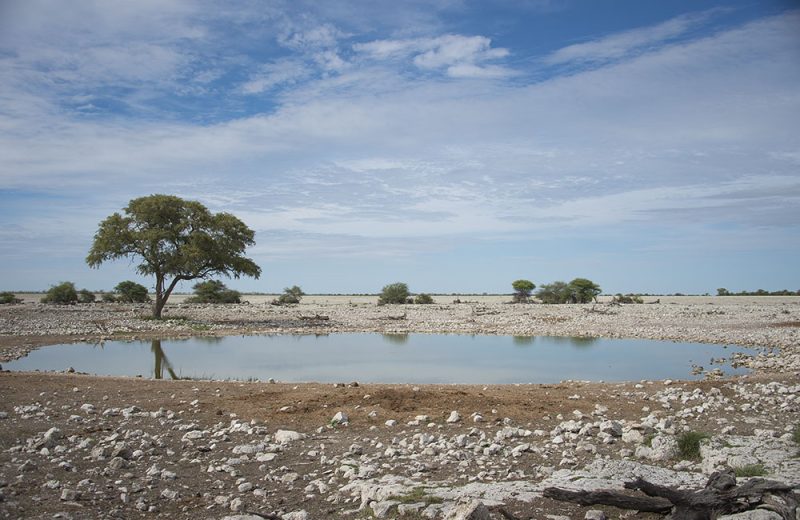
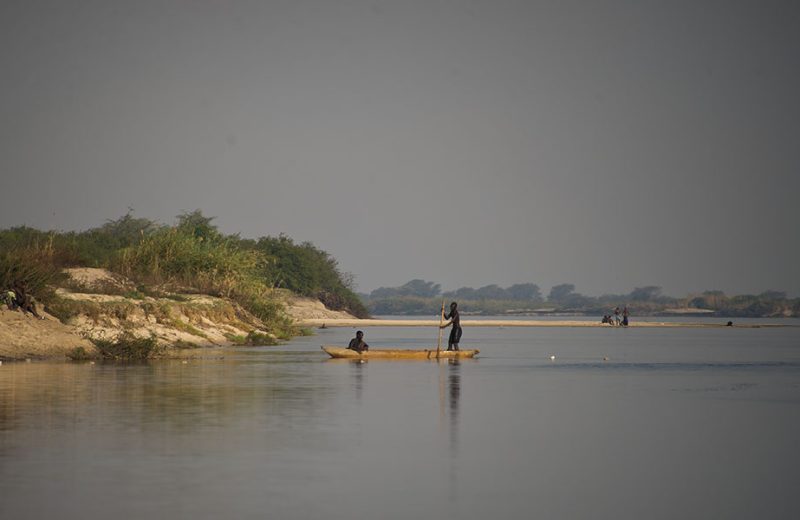
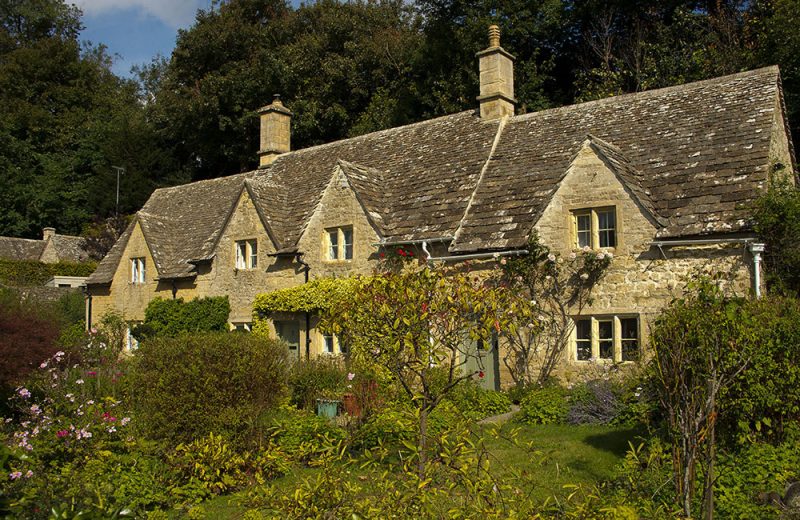
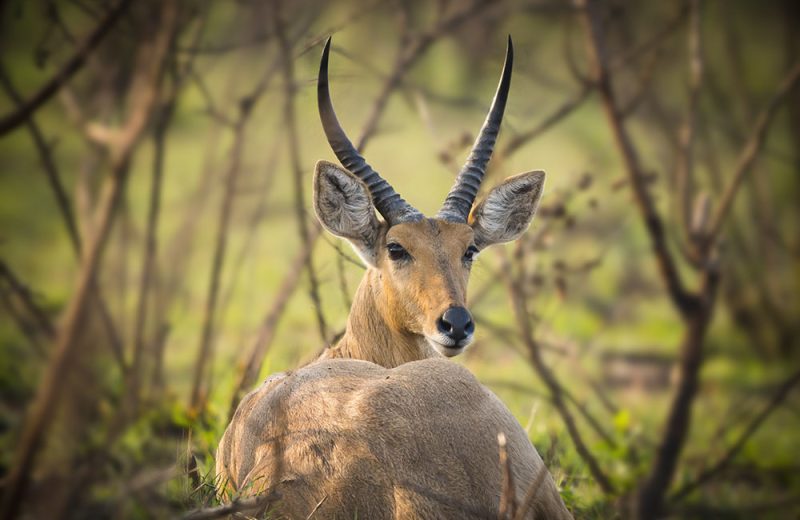
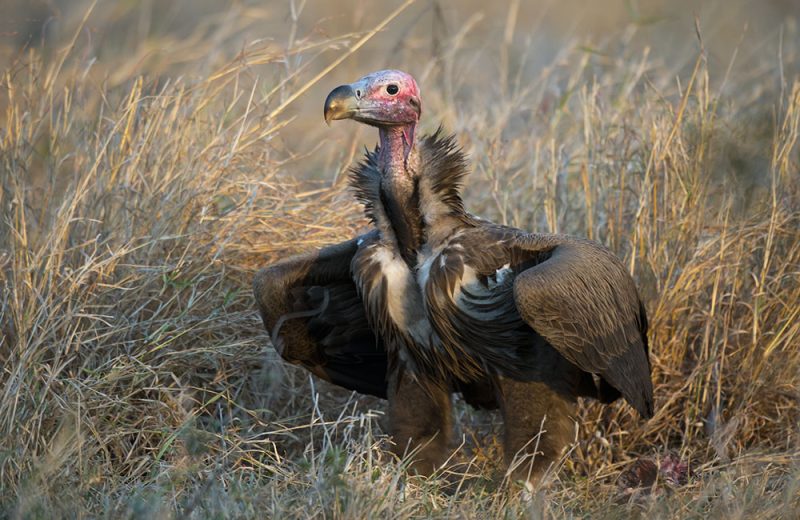
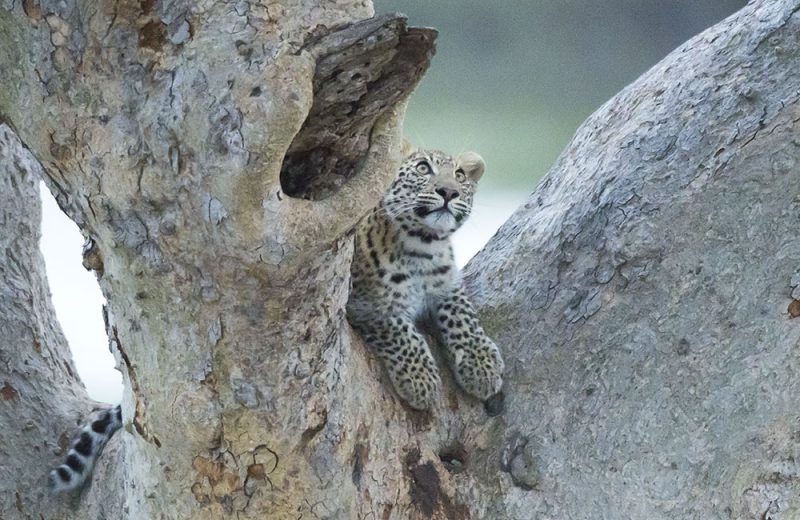
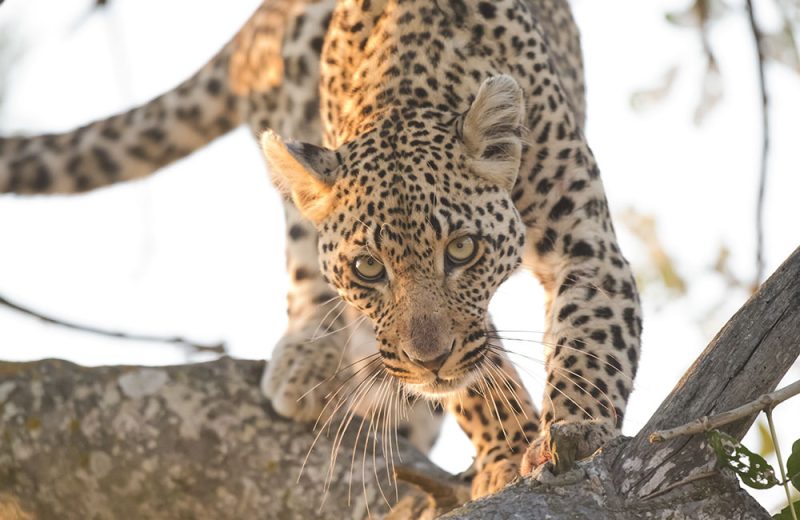
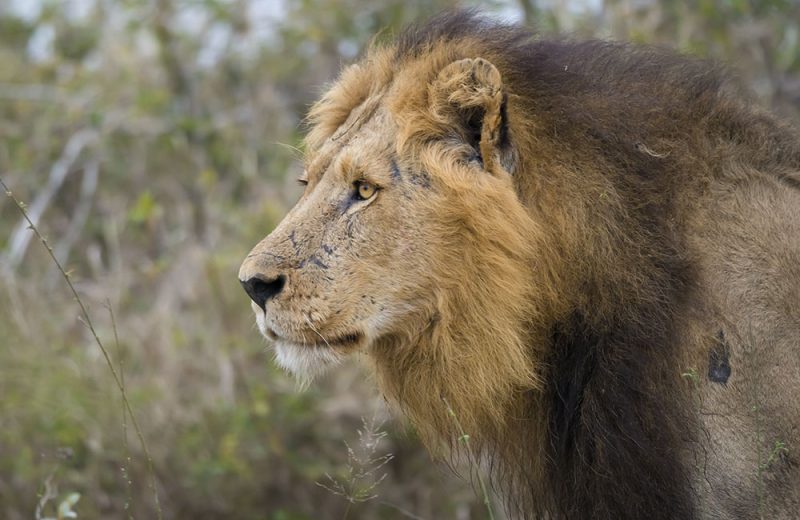
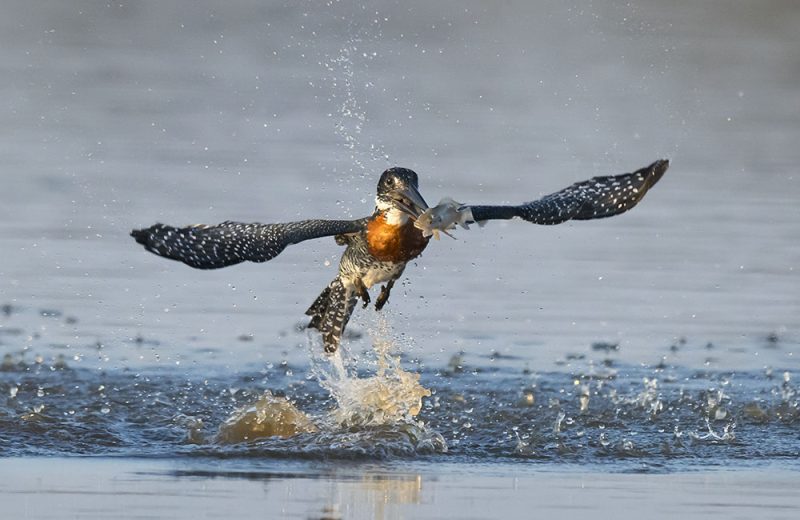
1 Comment
Richard Grant August 10, 2023 at 4:42 am
Thanks Dave. Always in my element here.